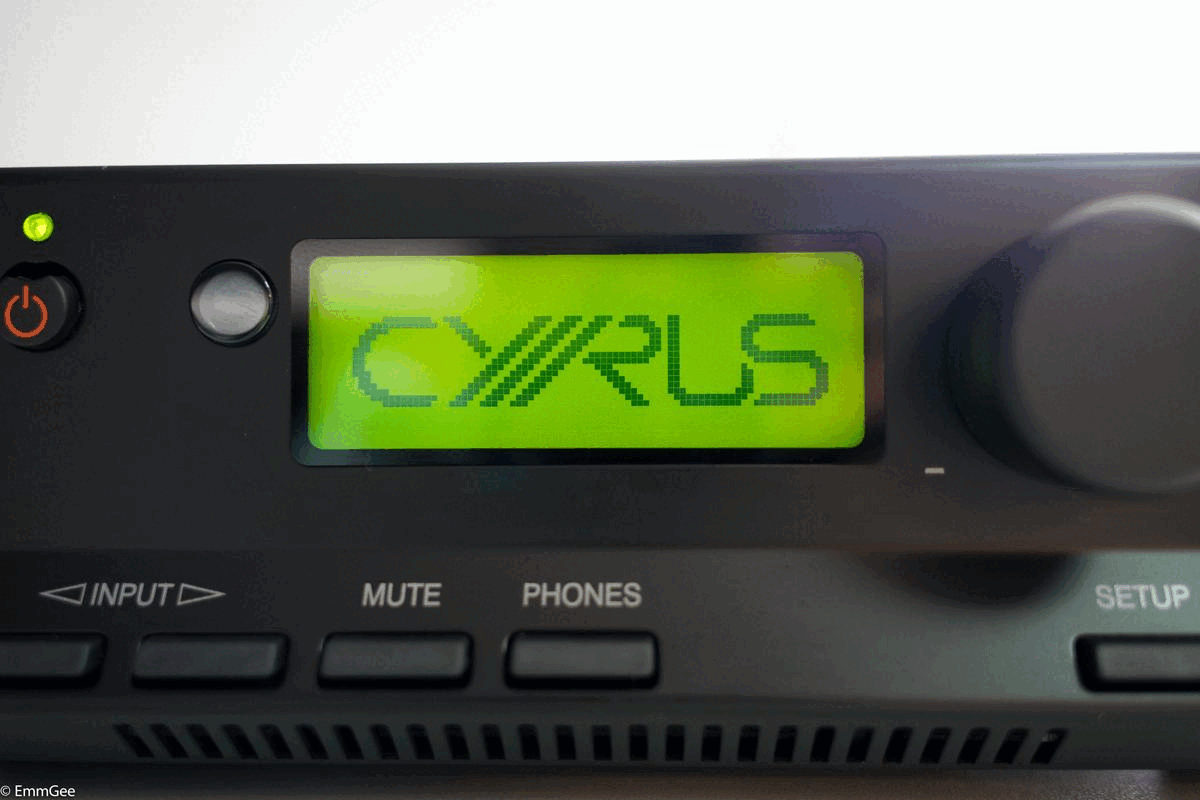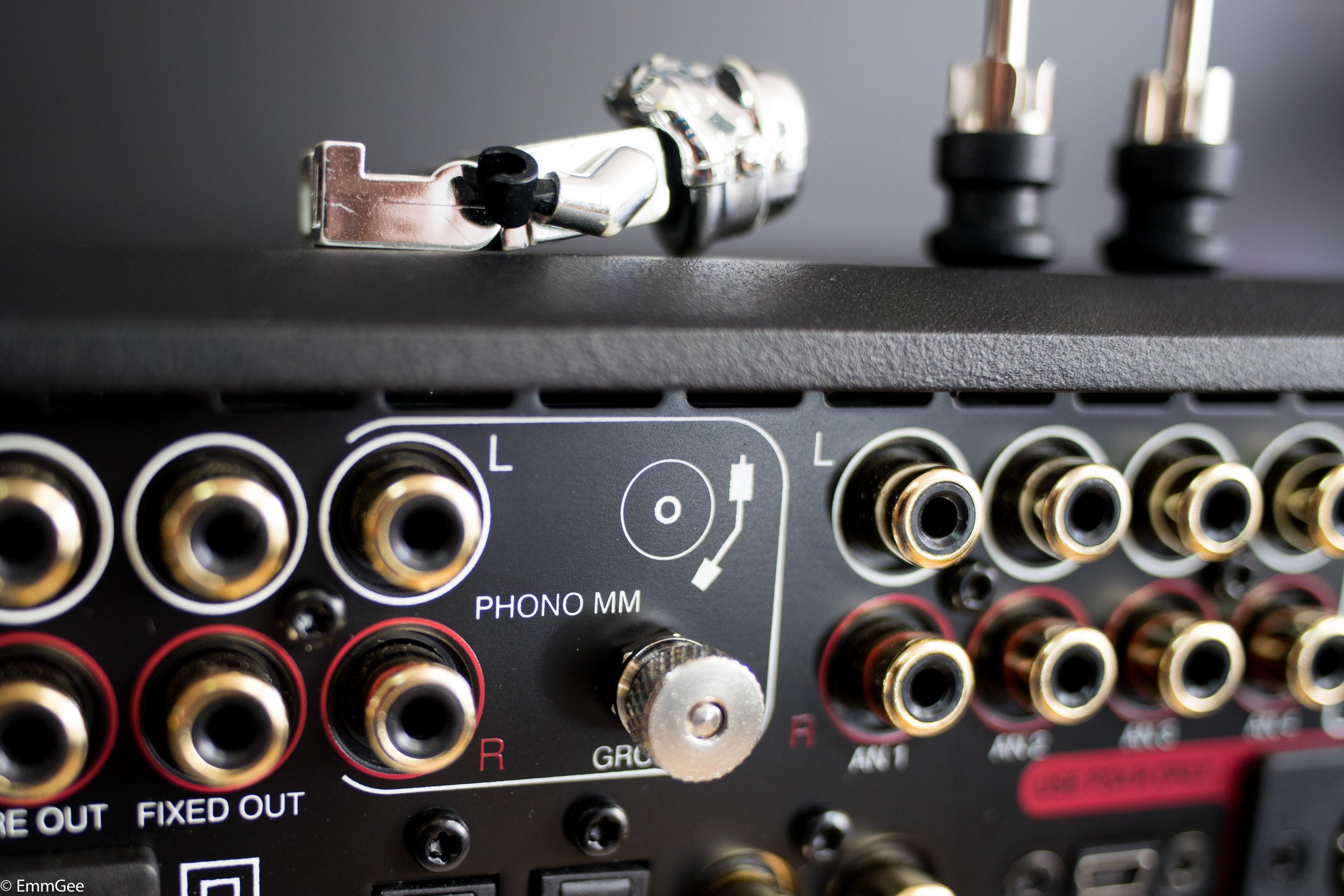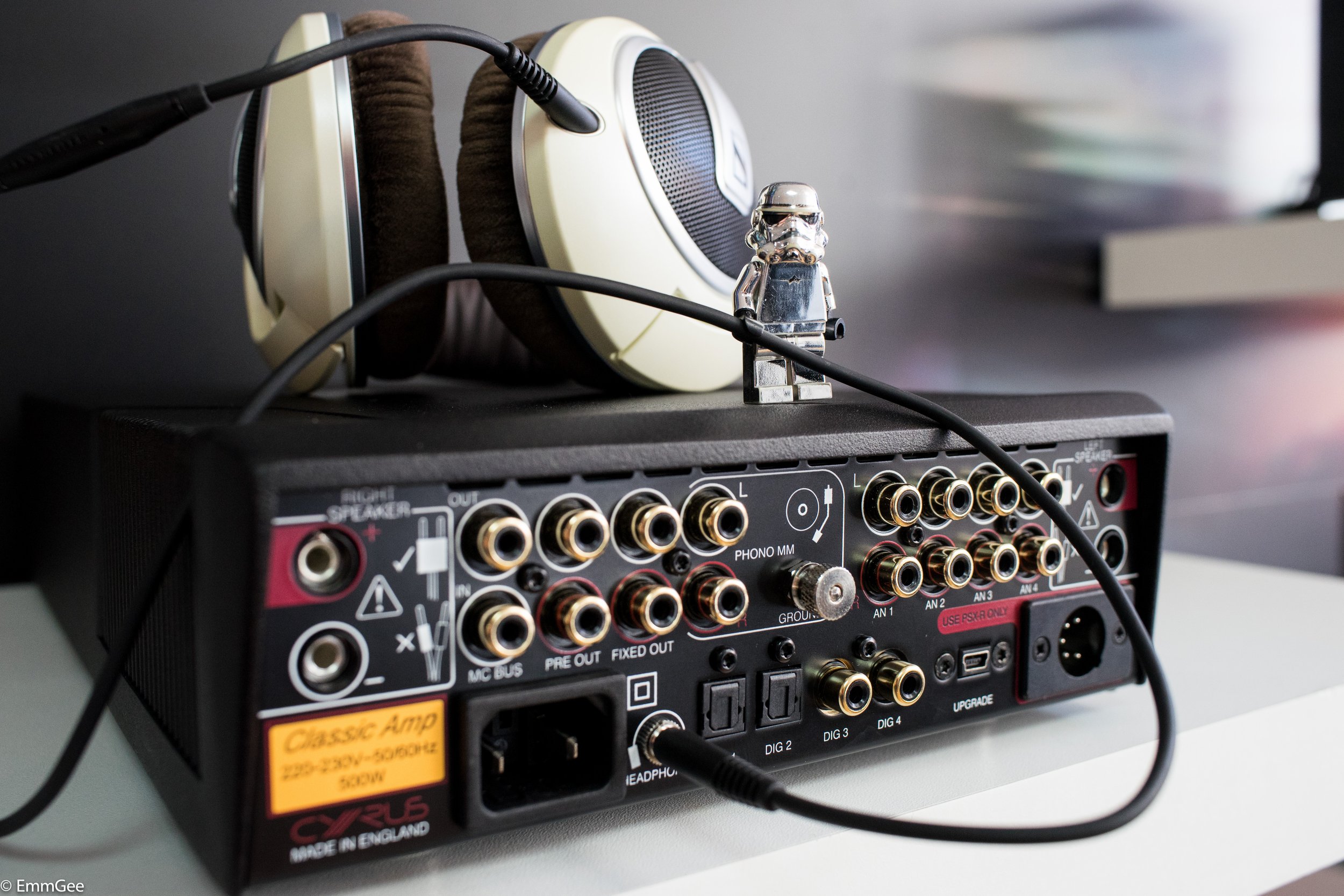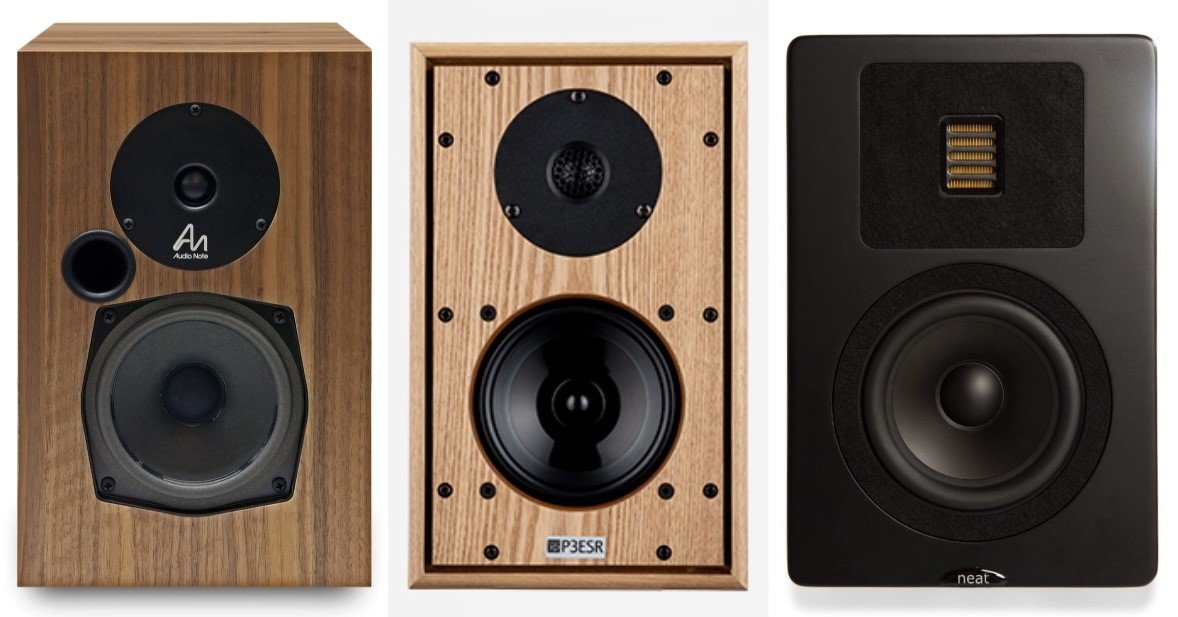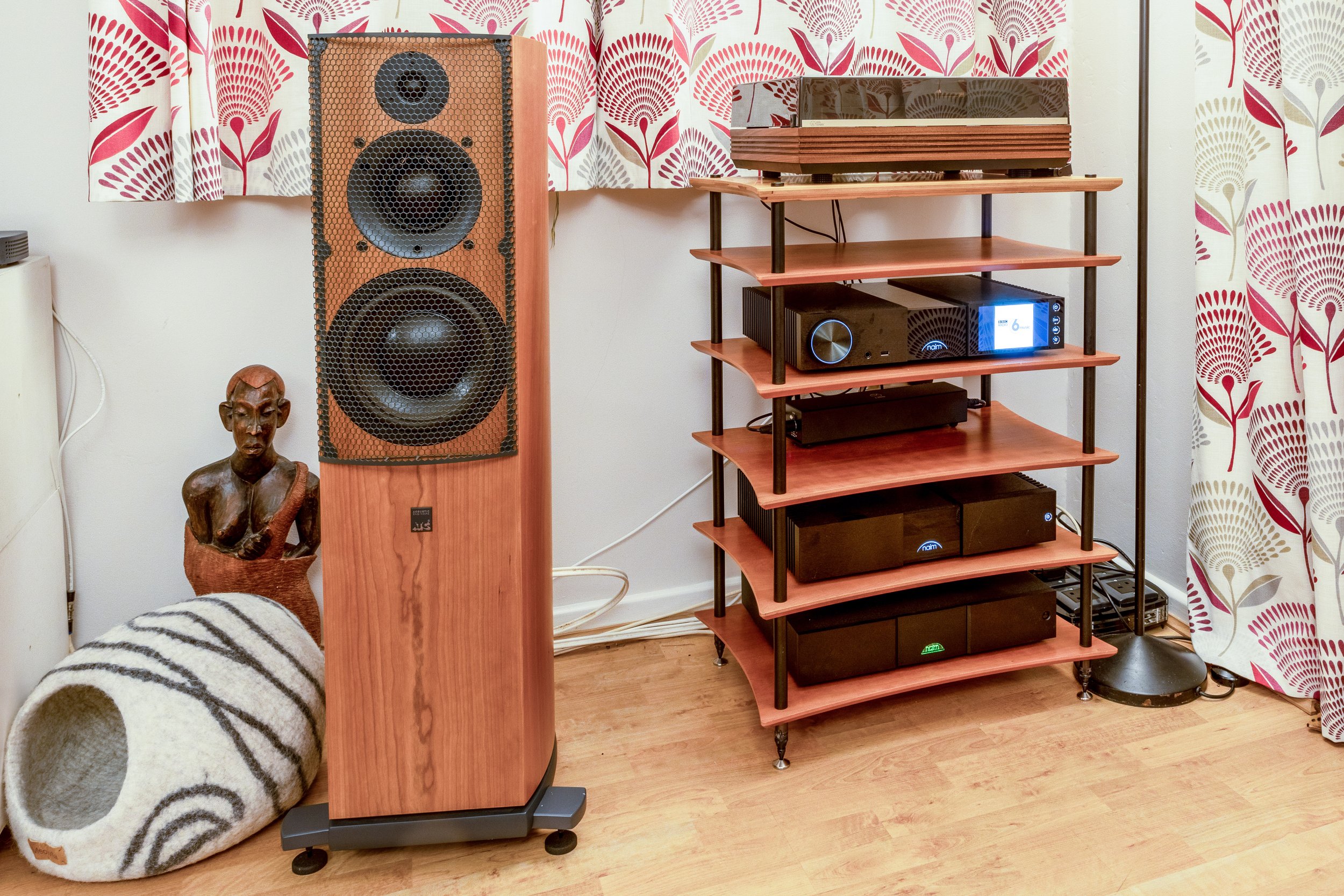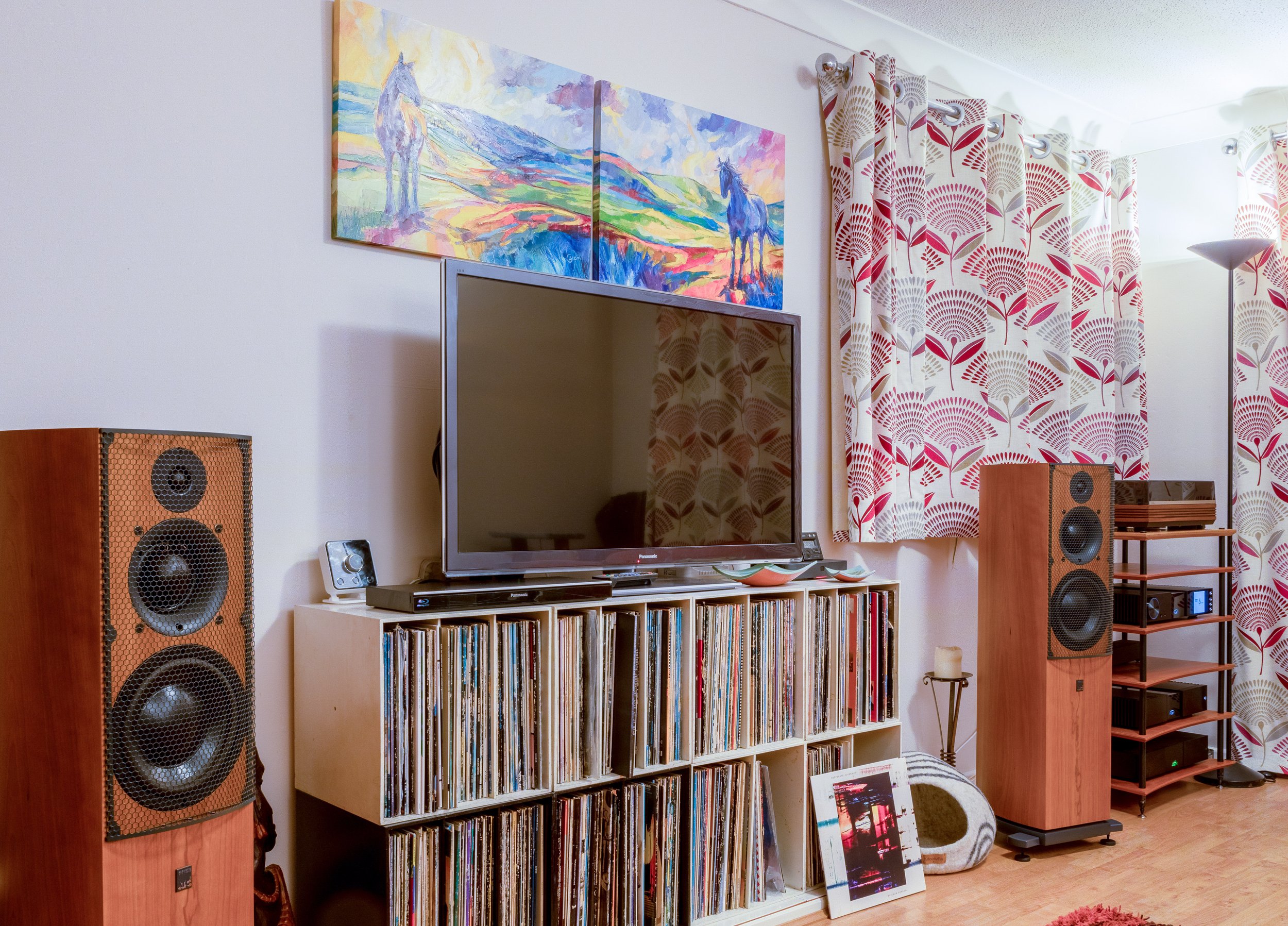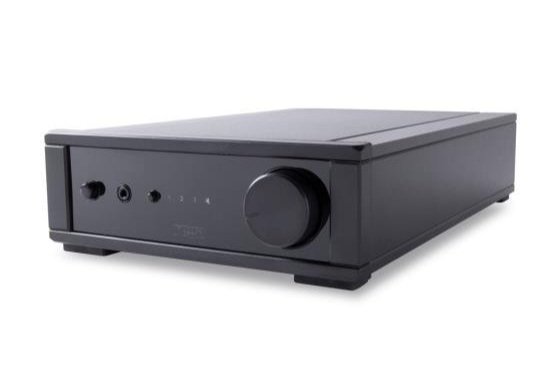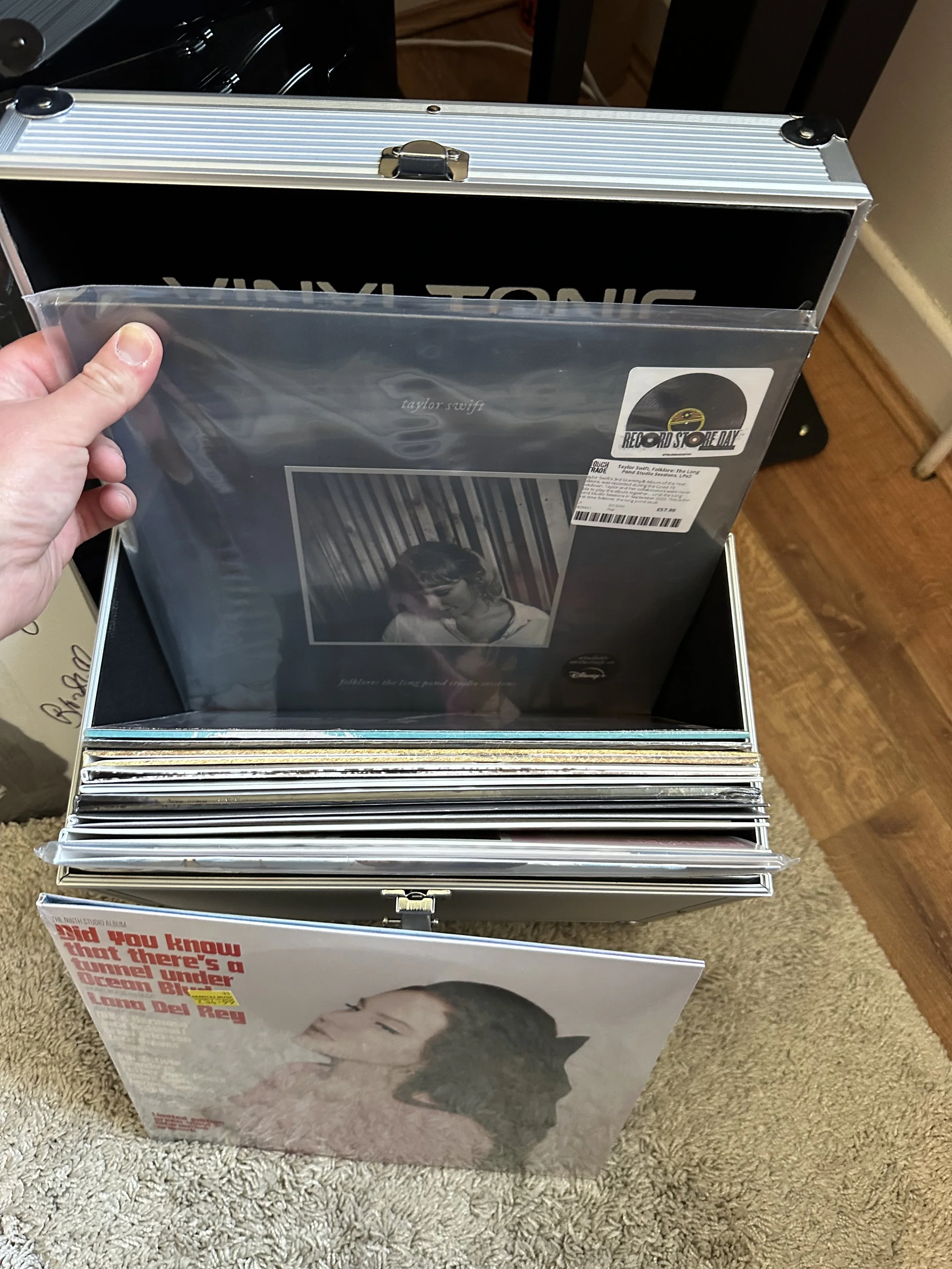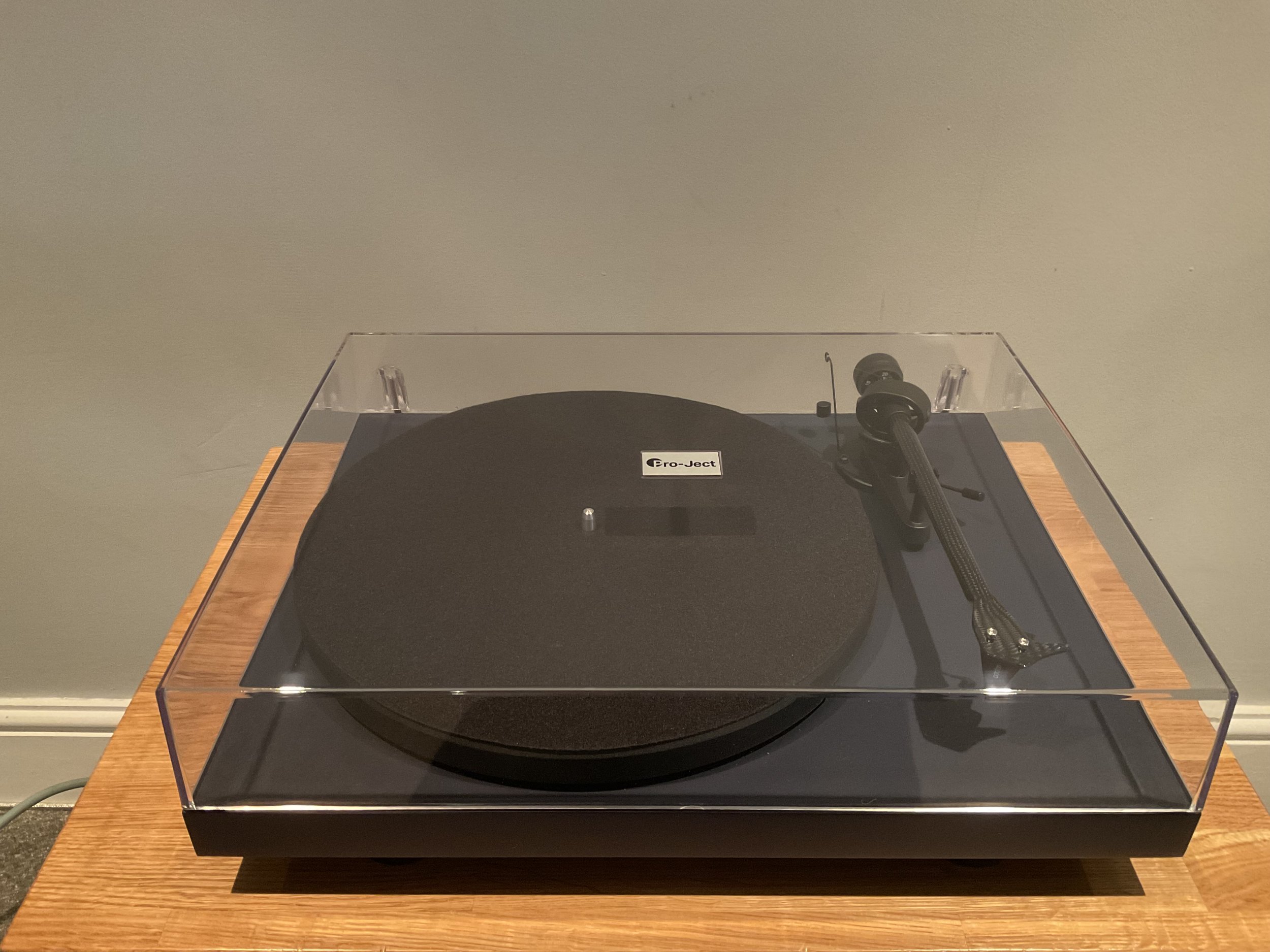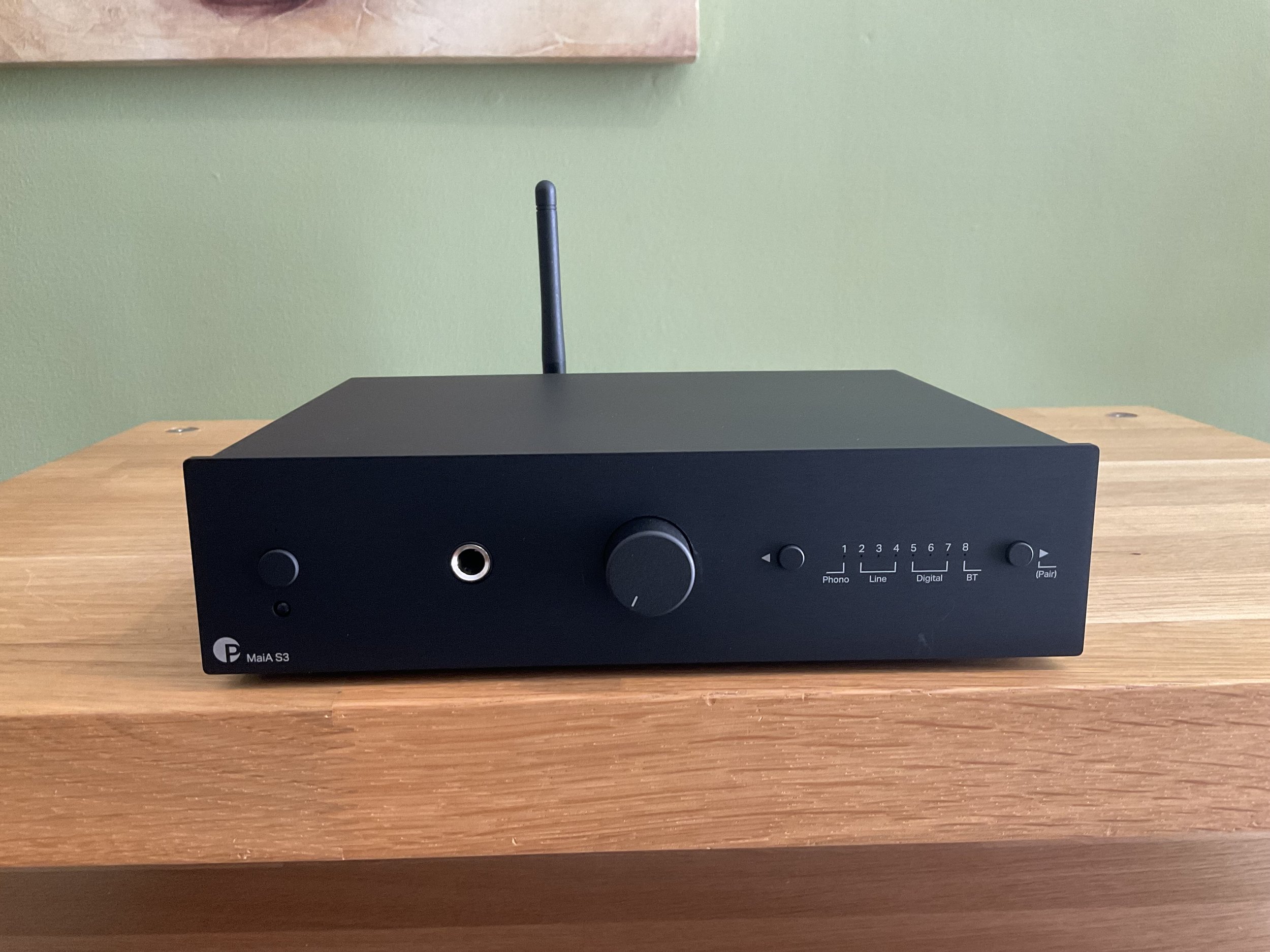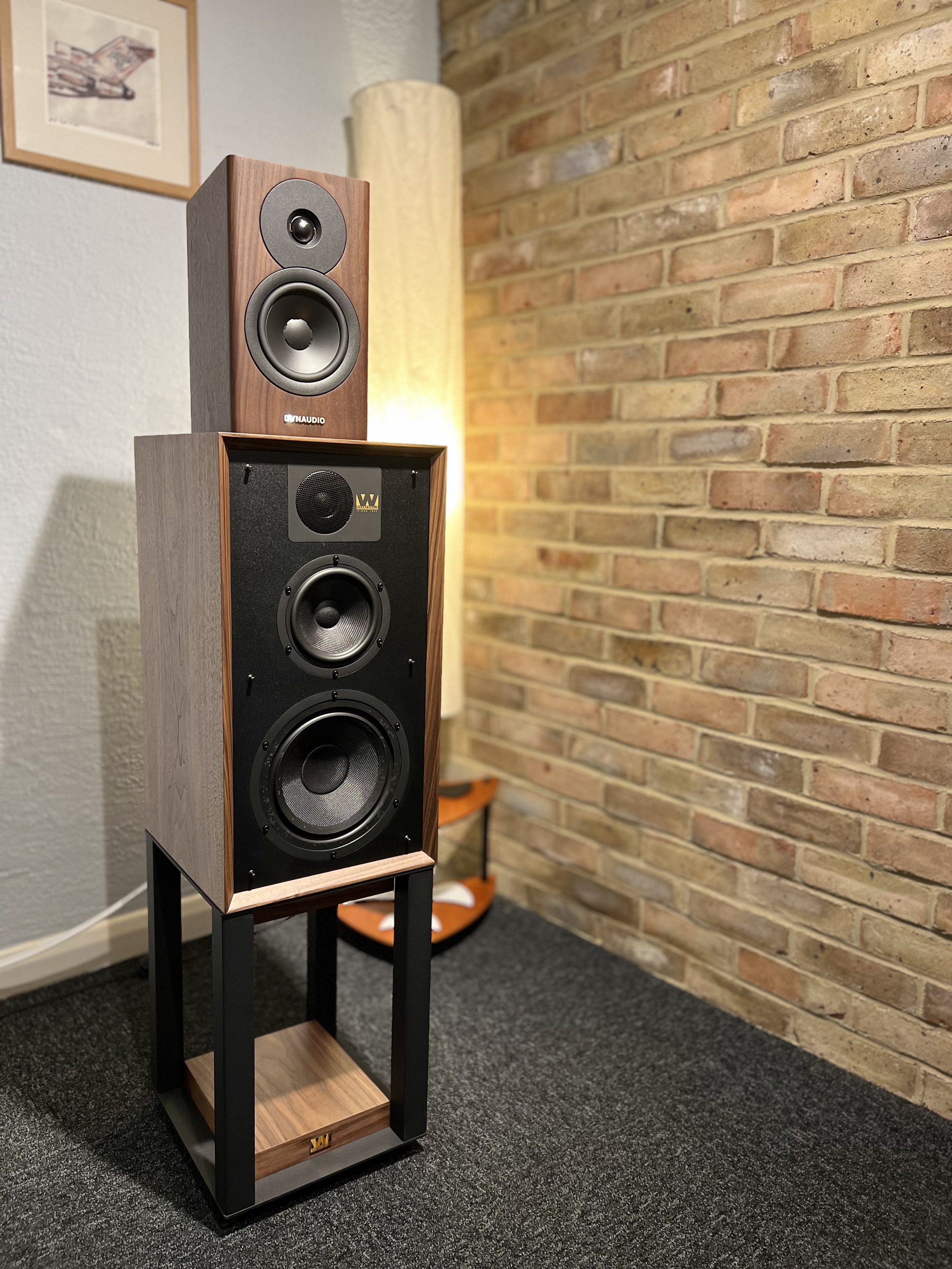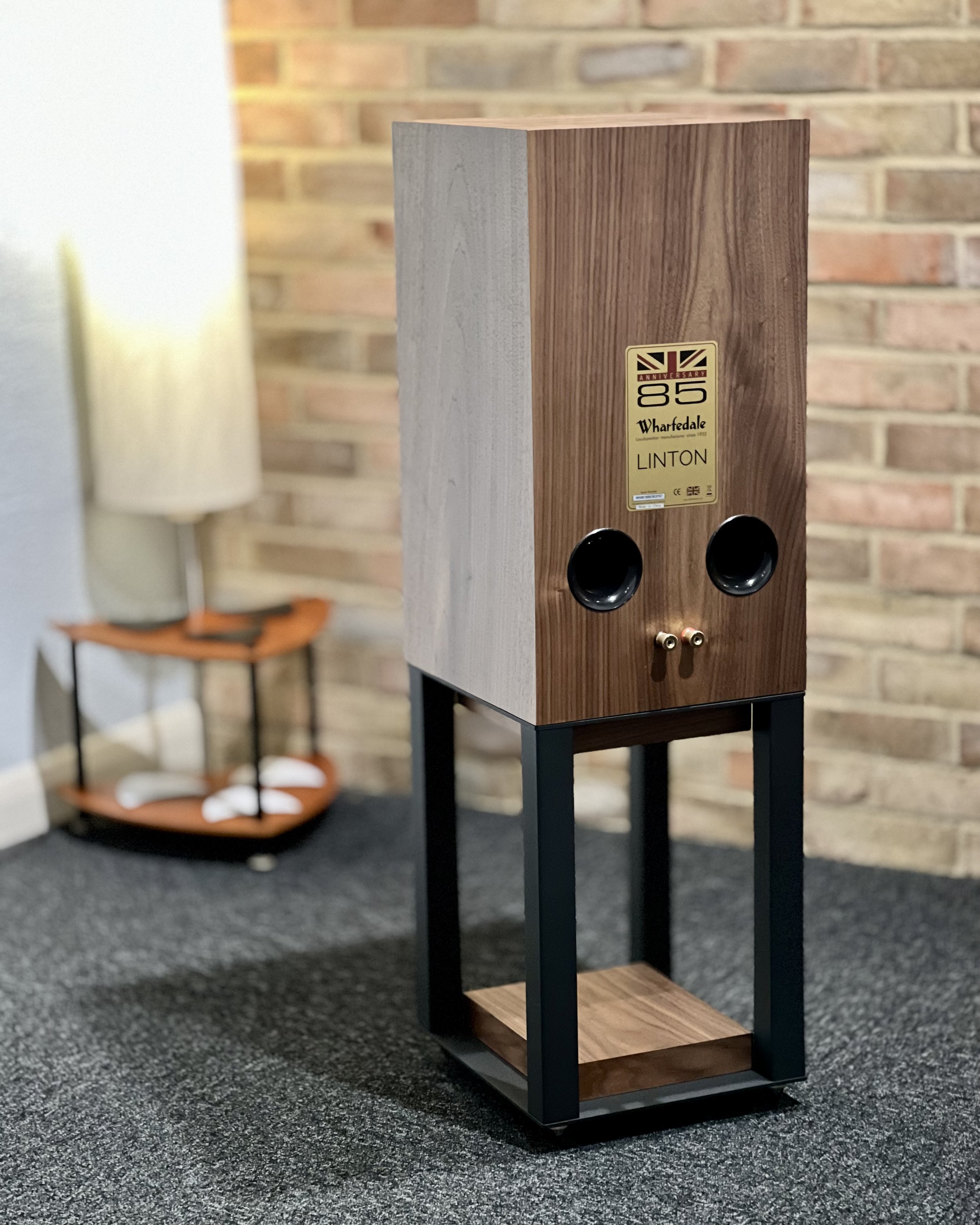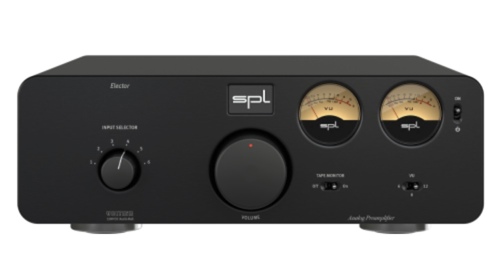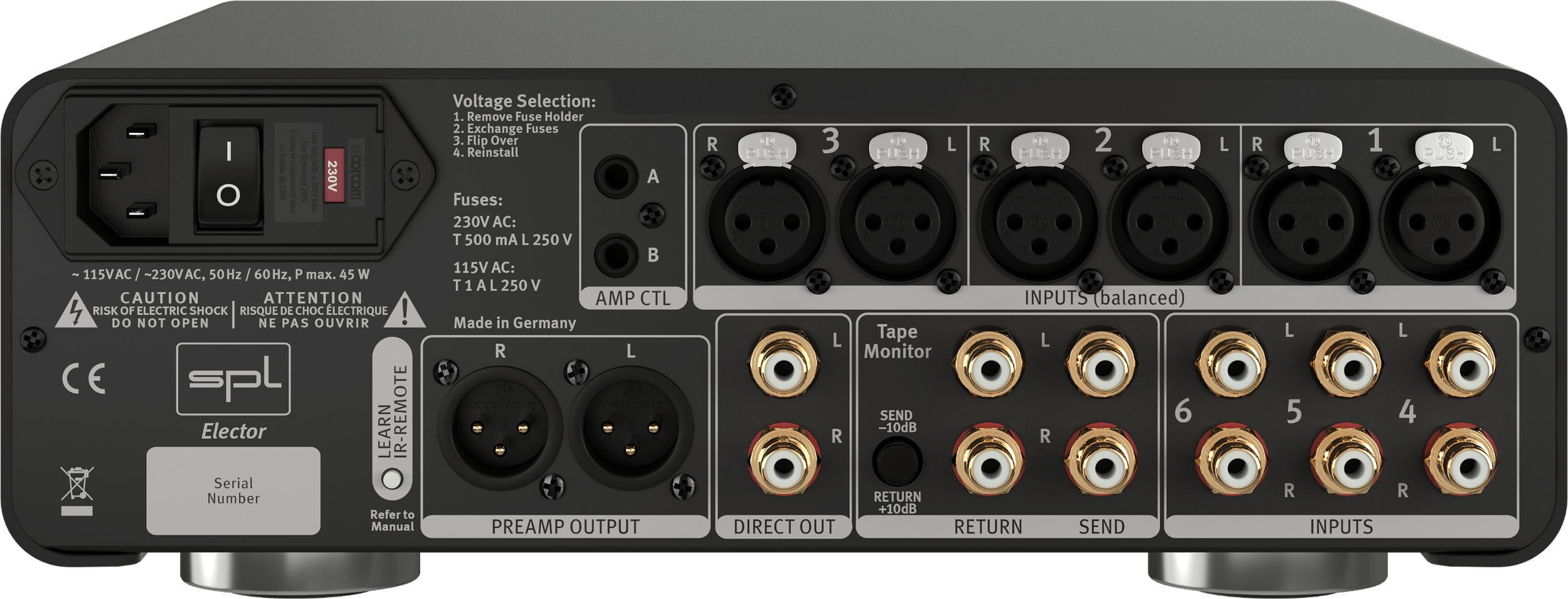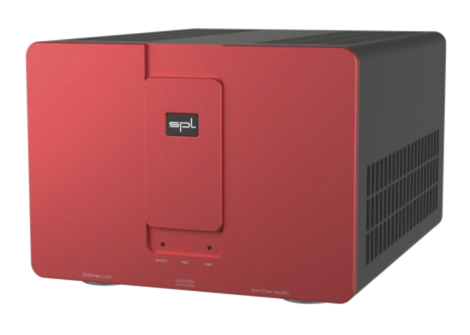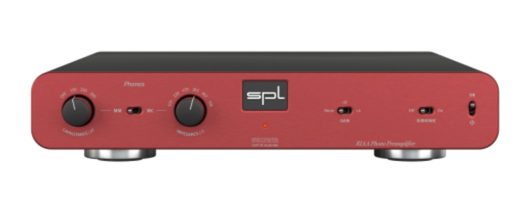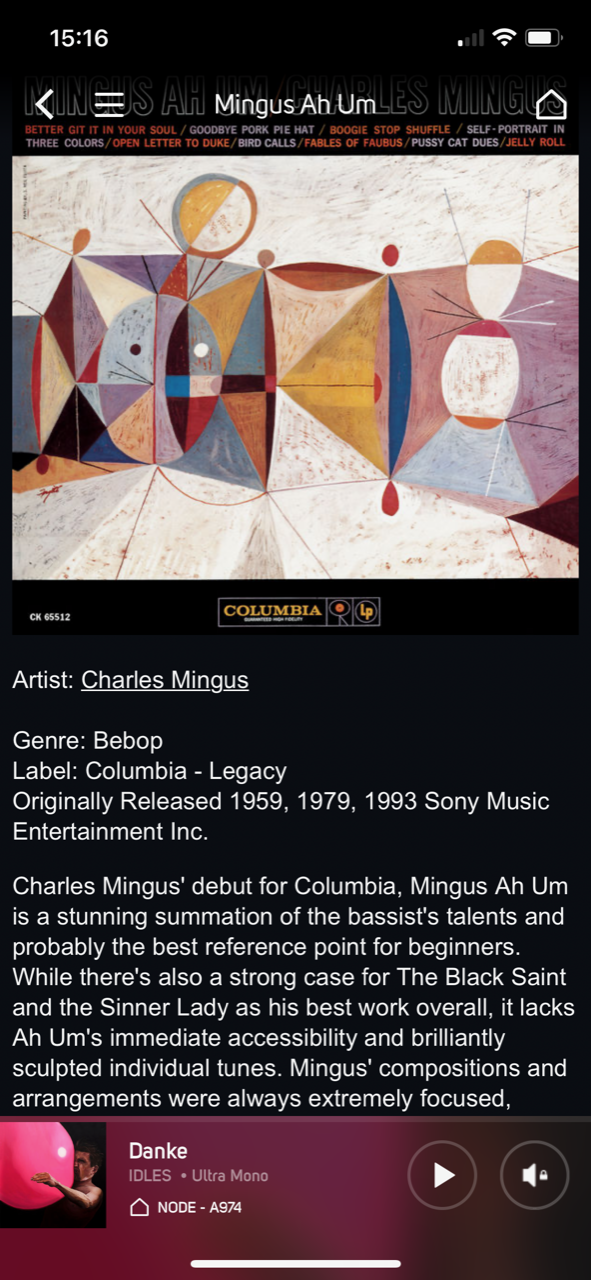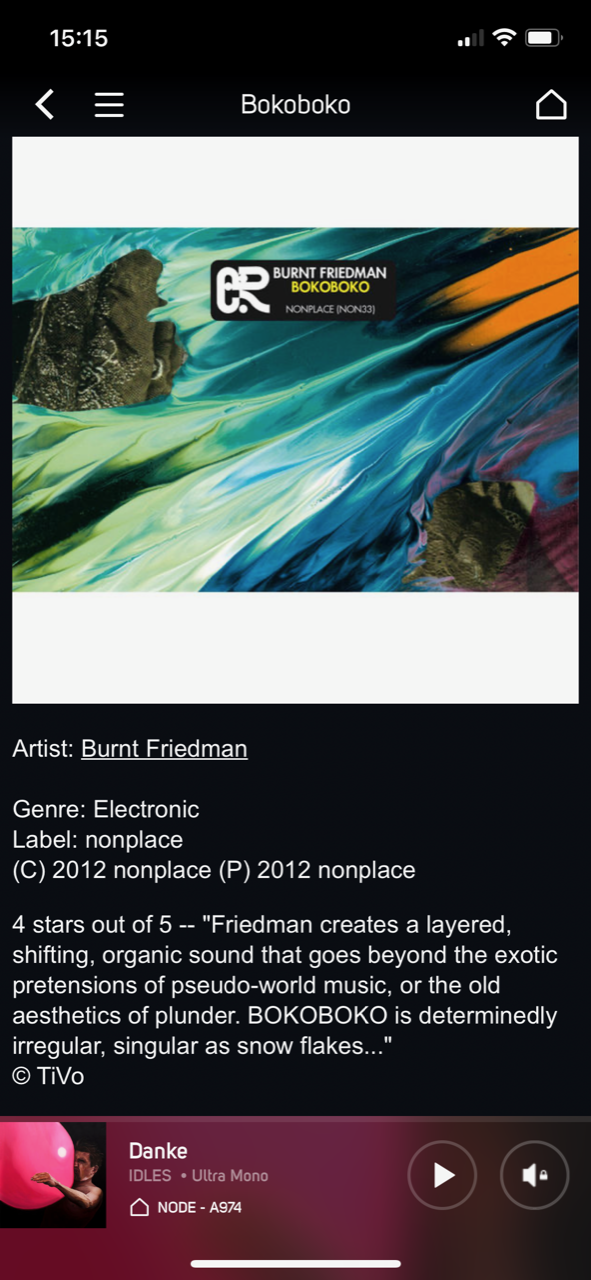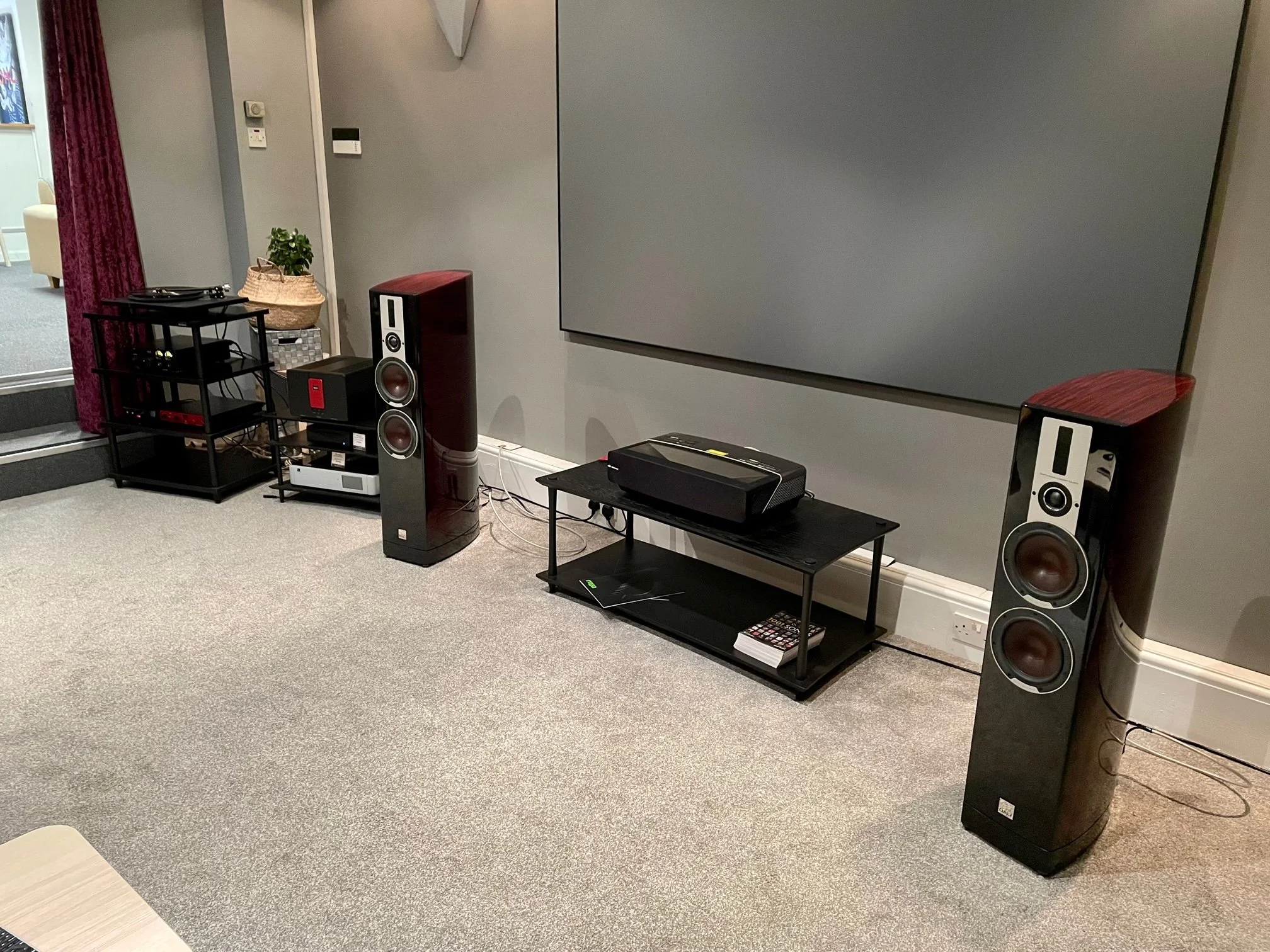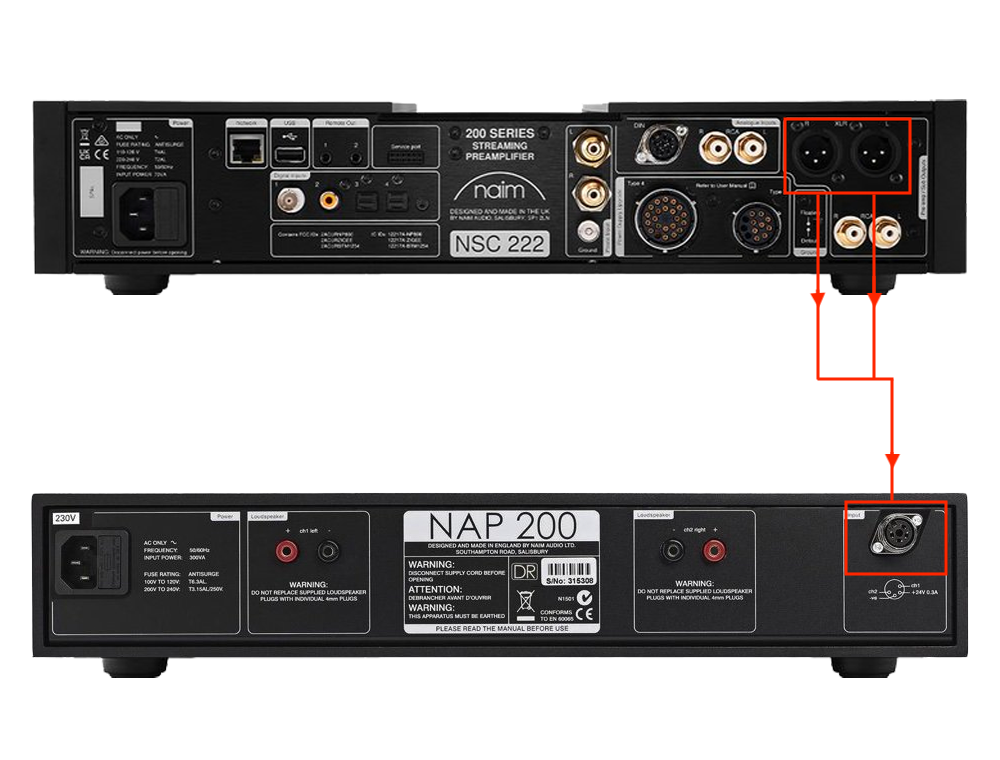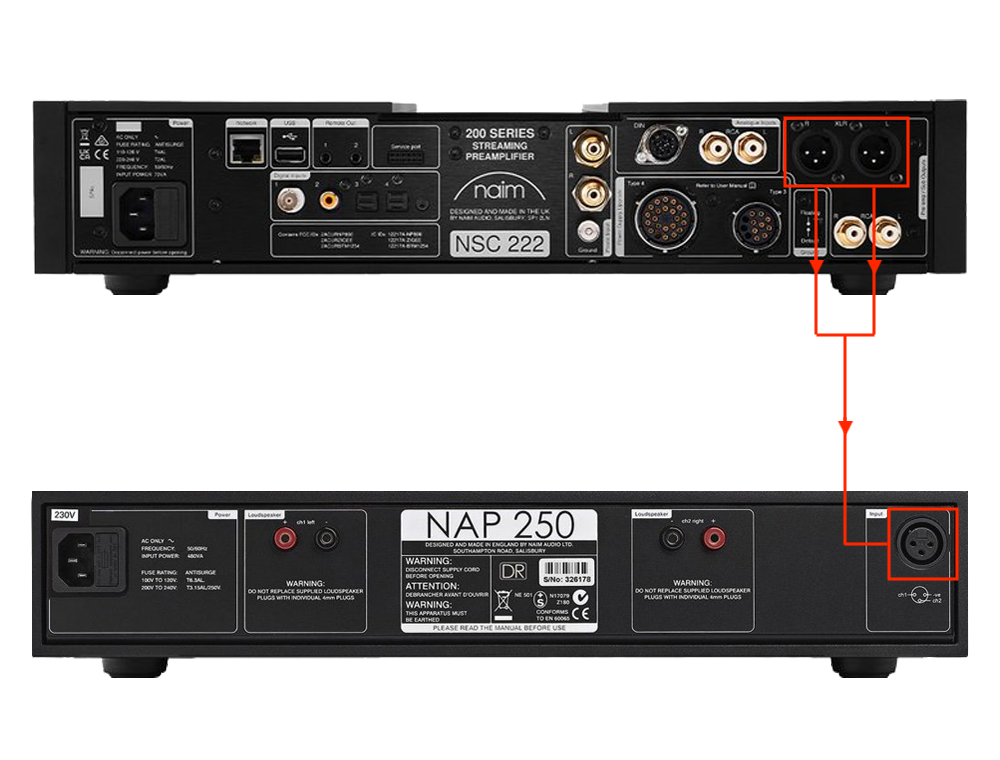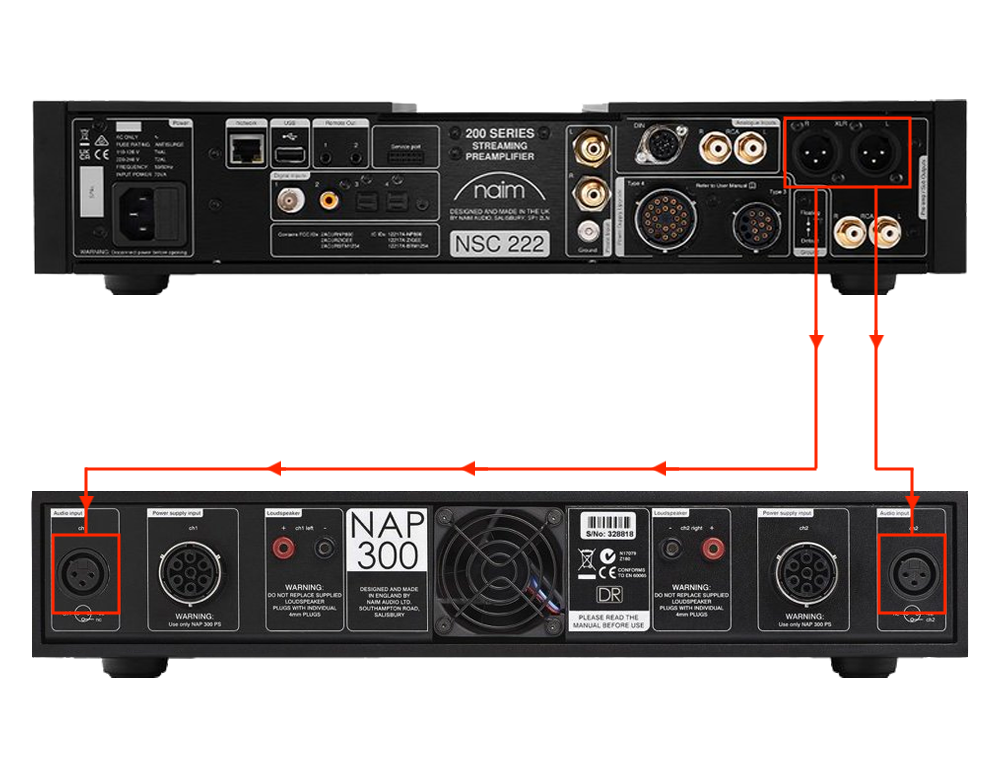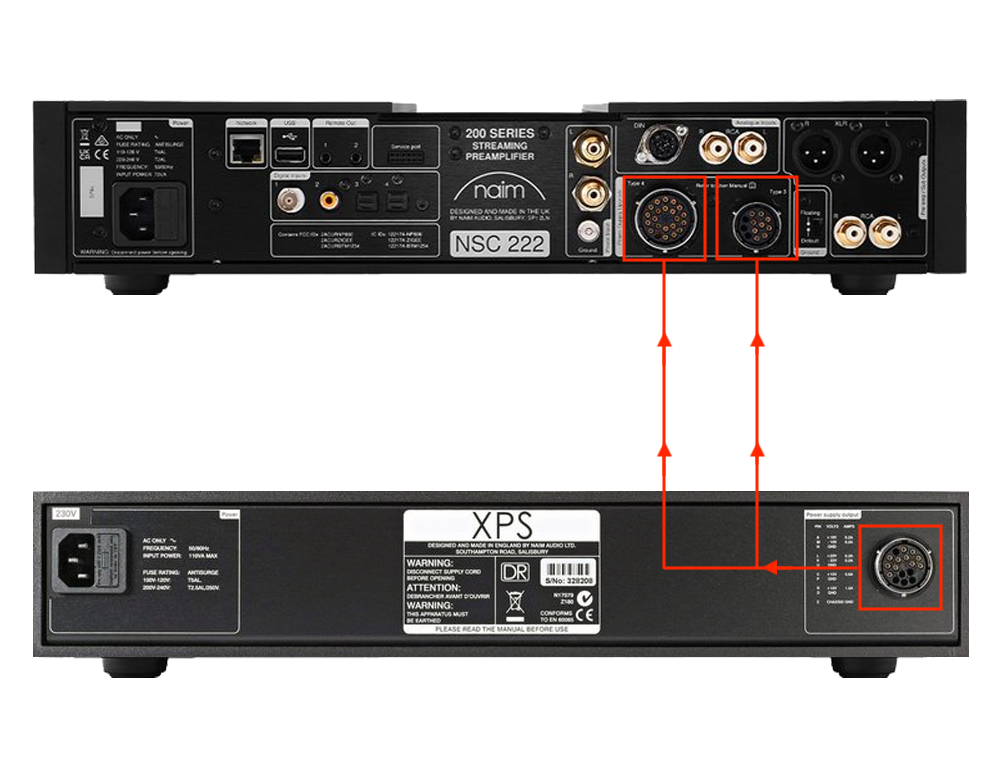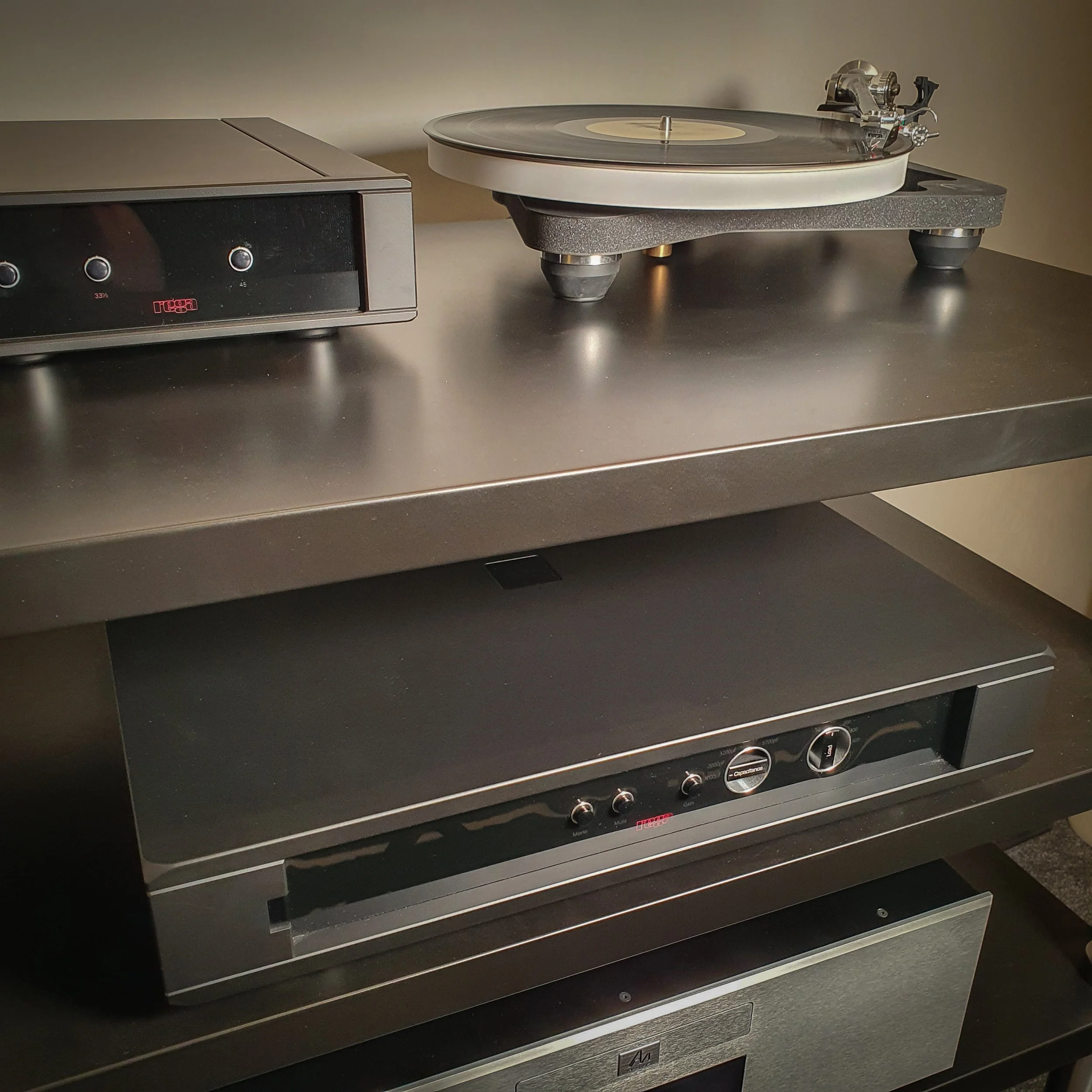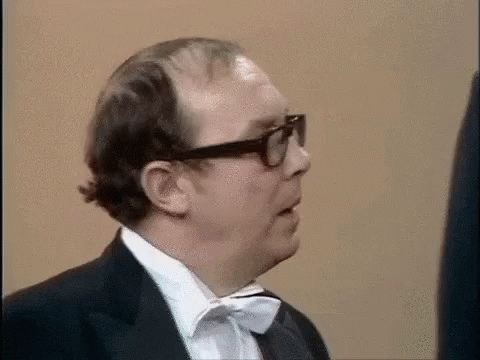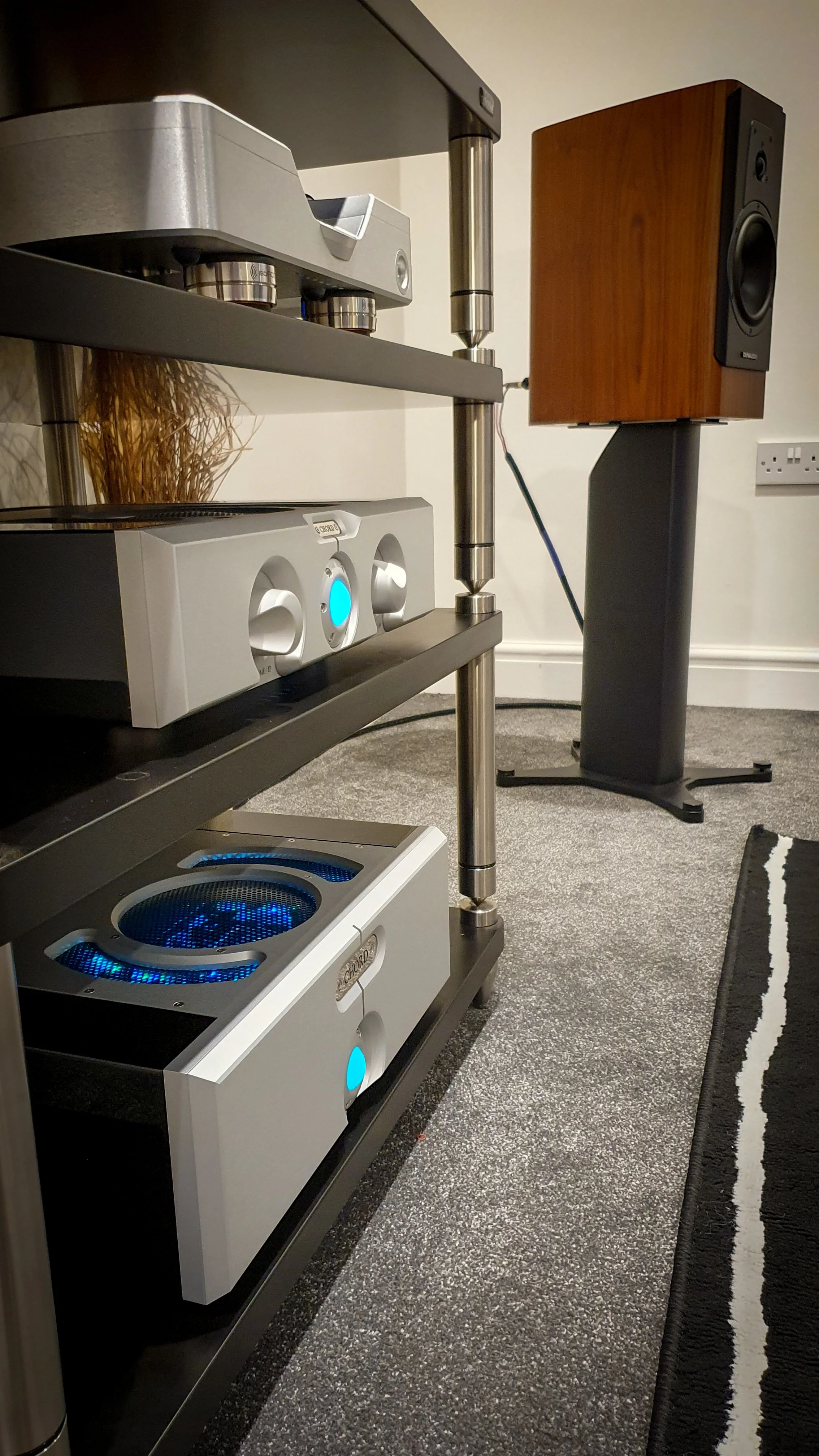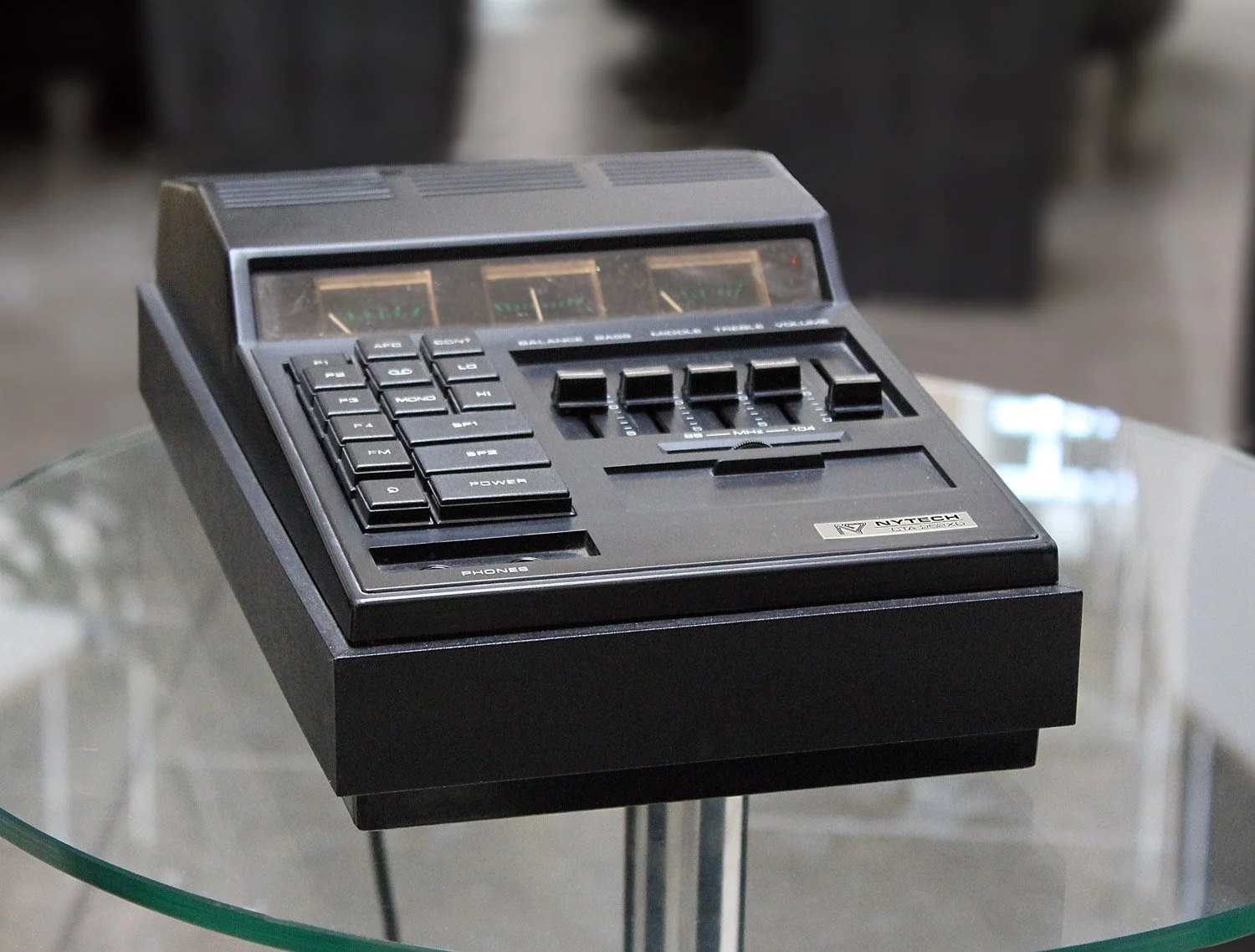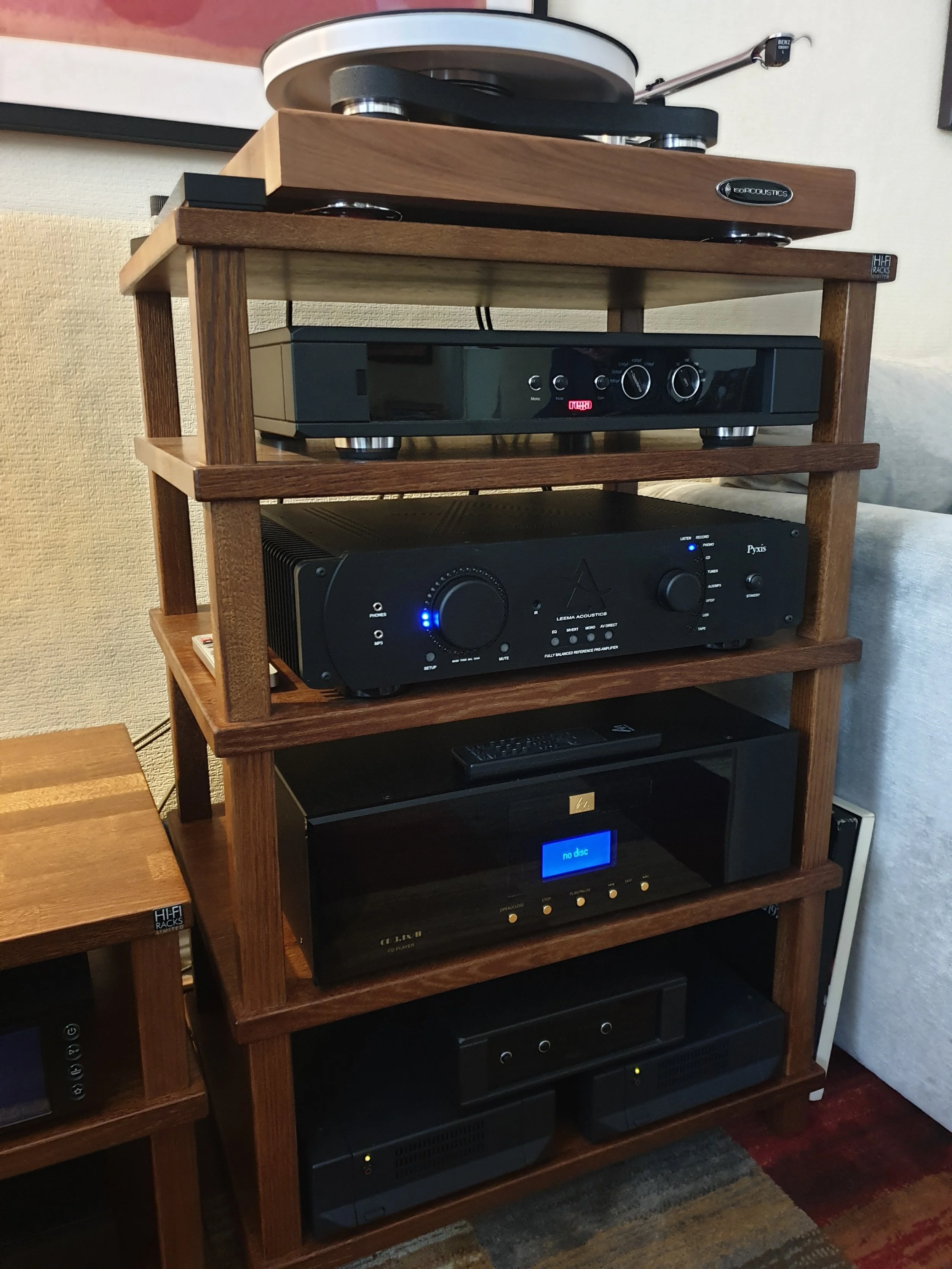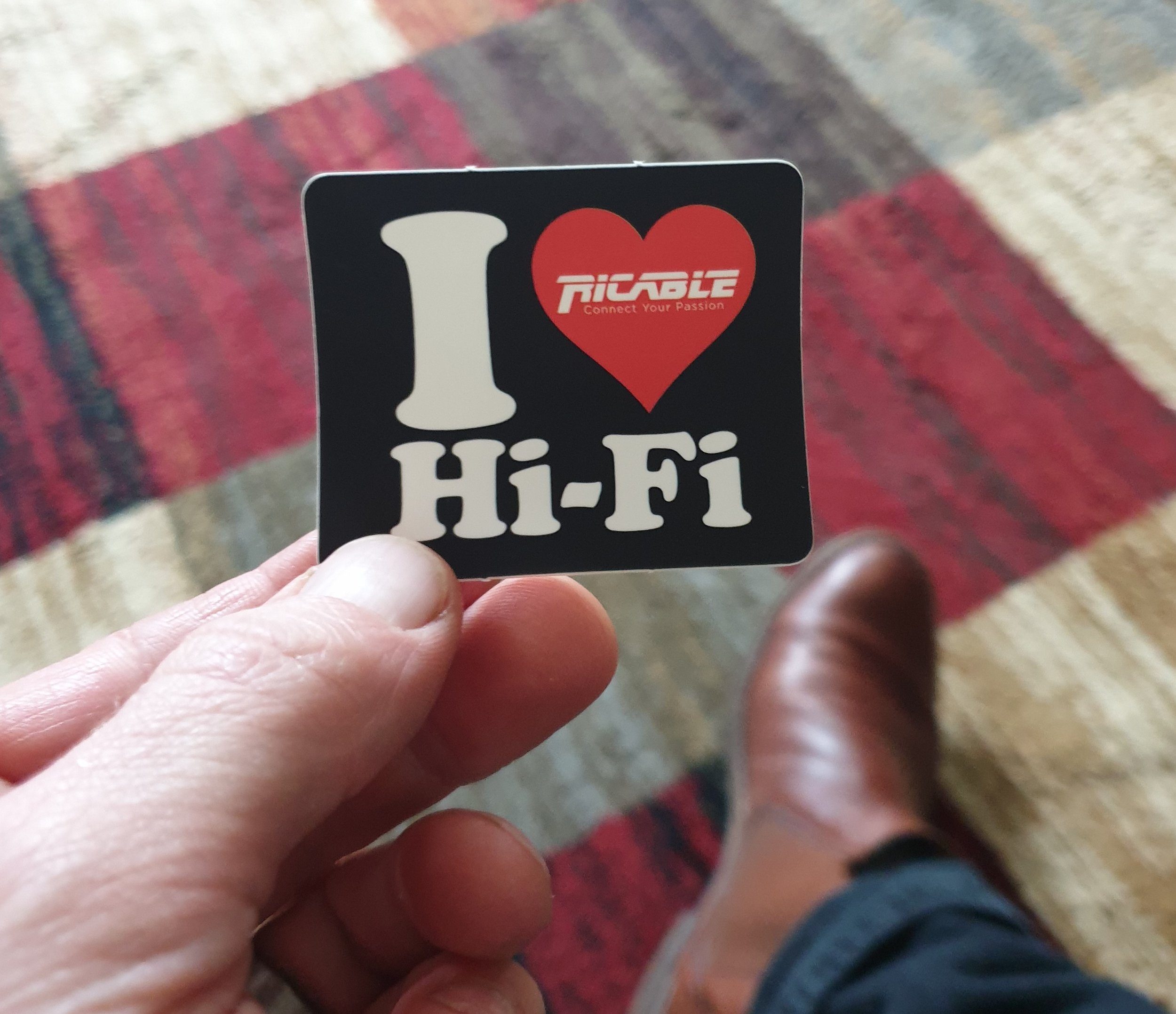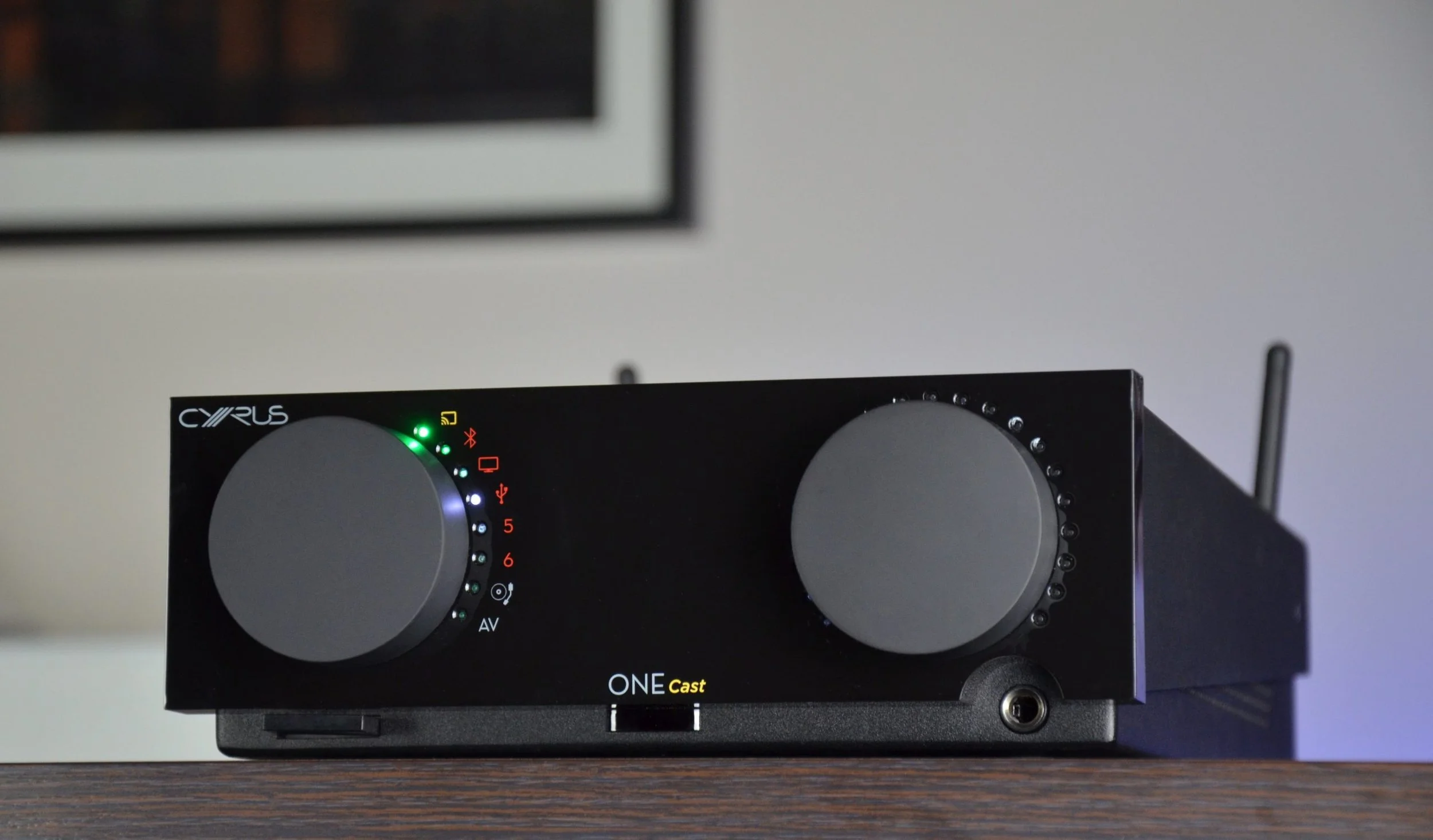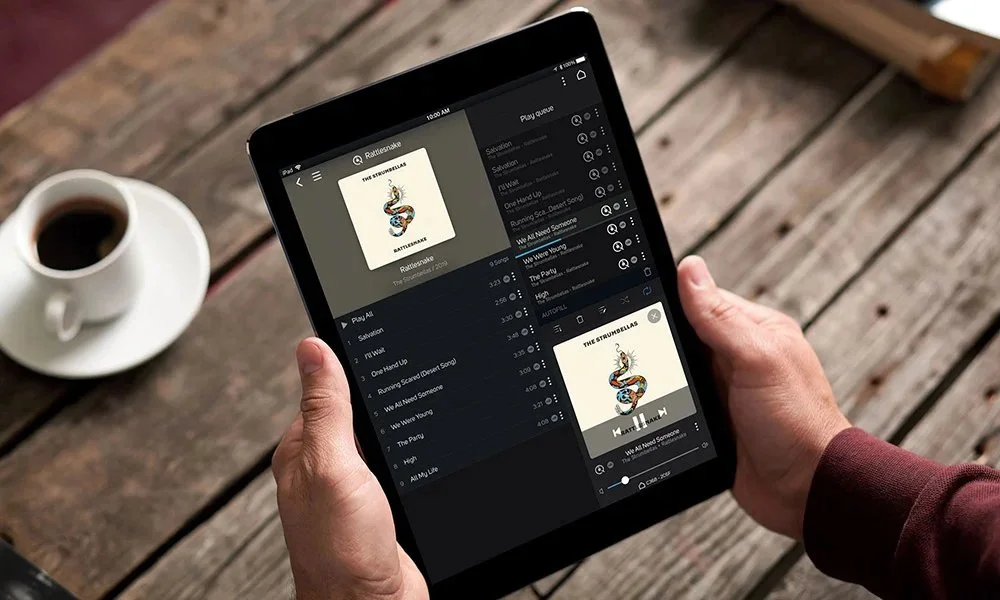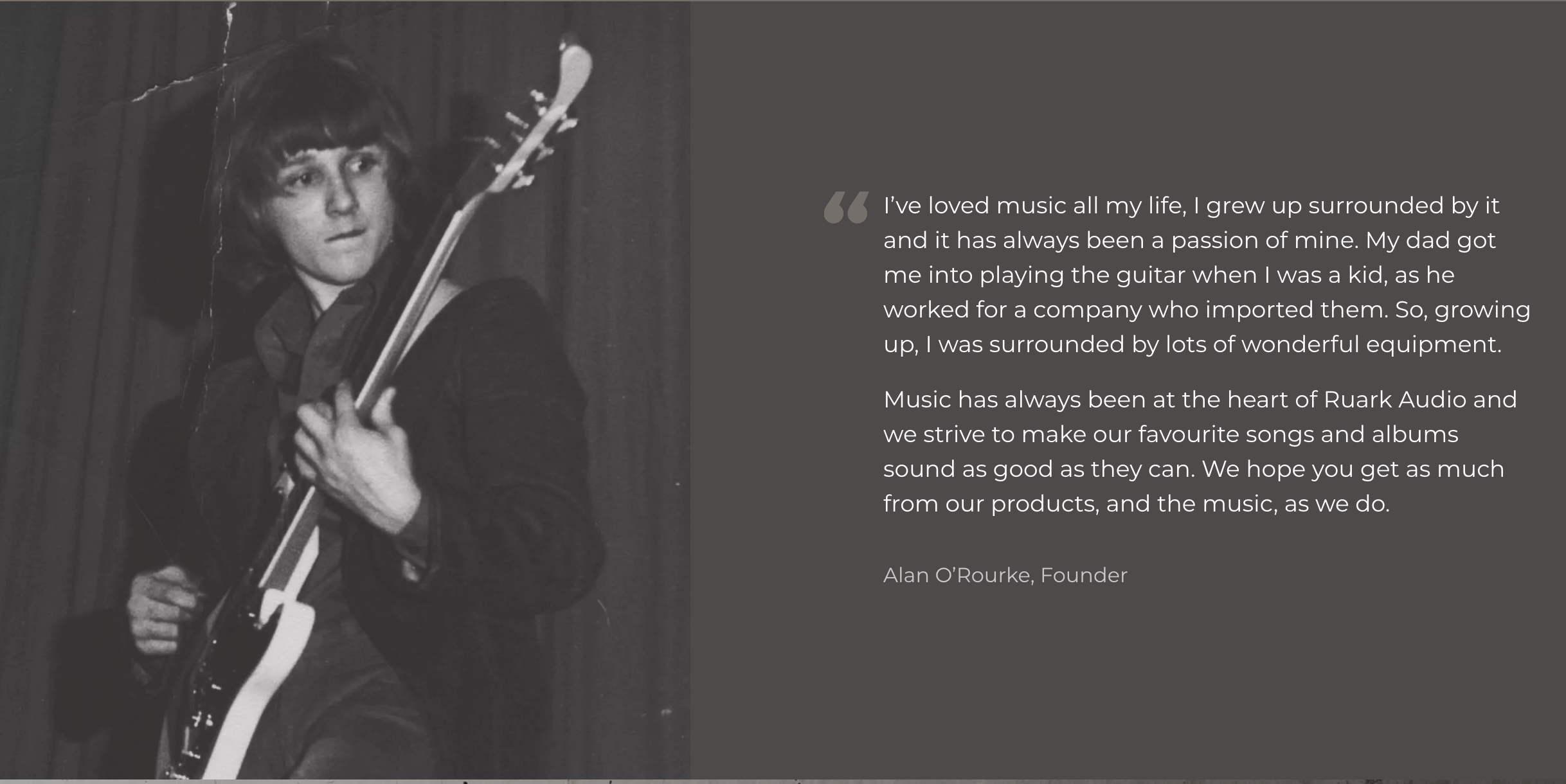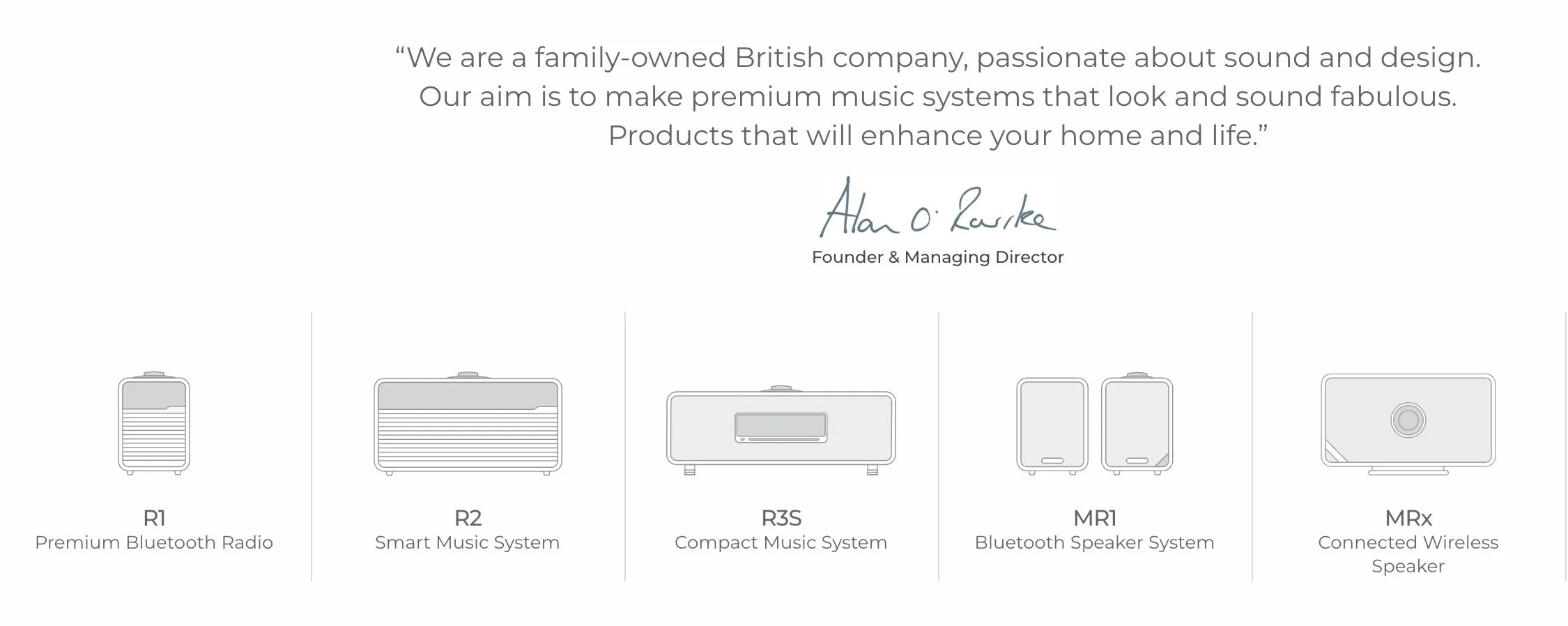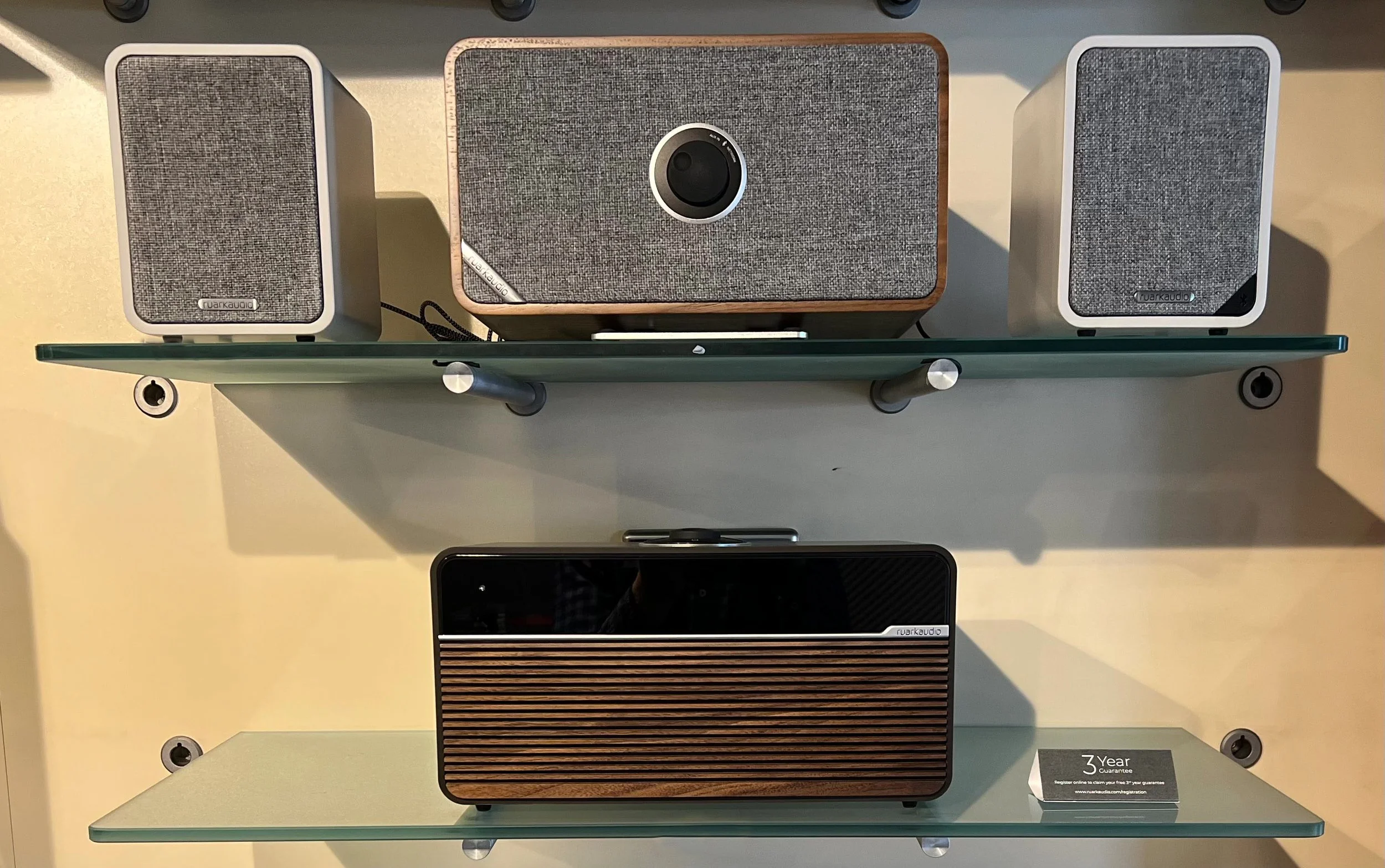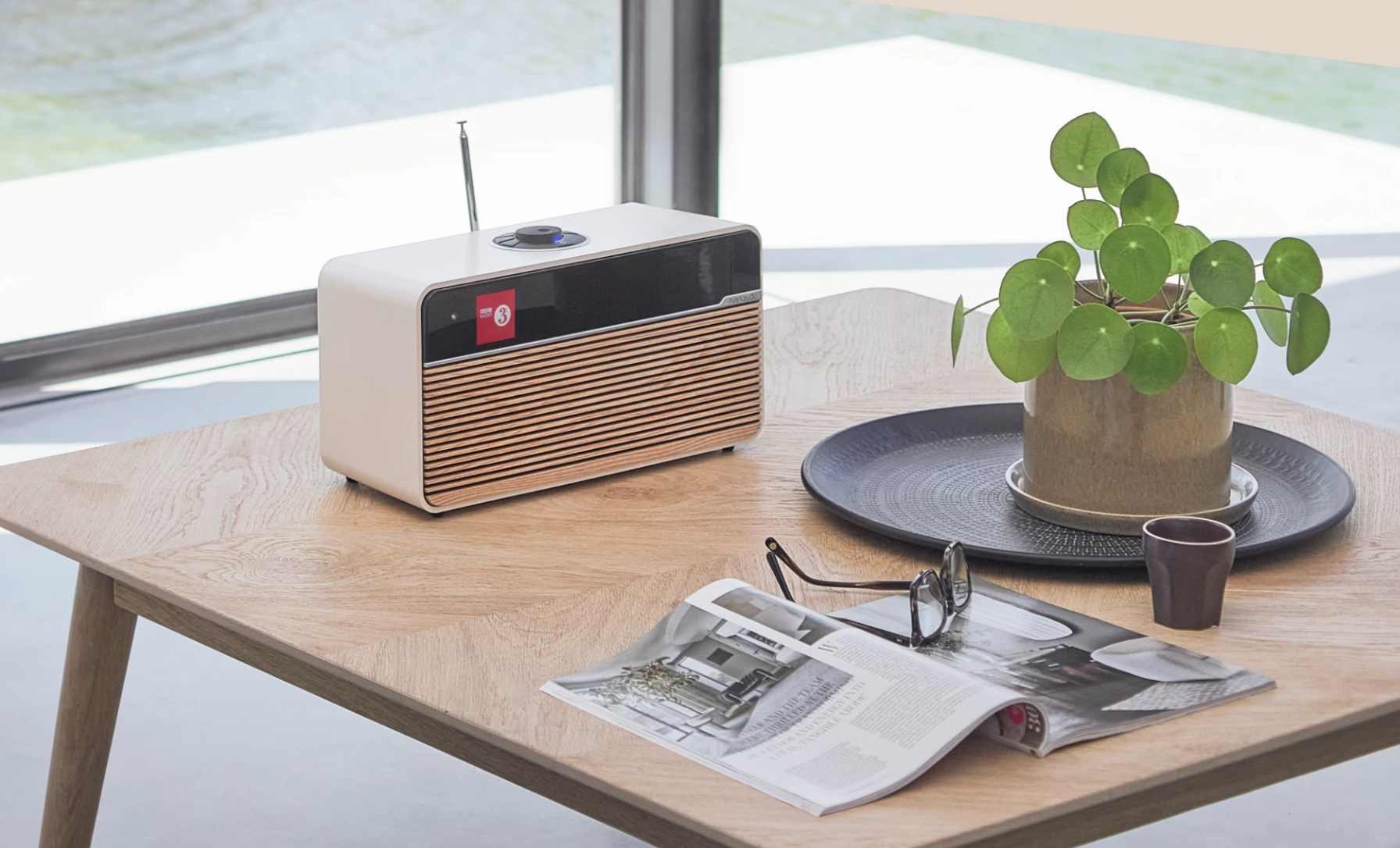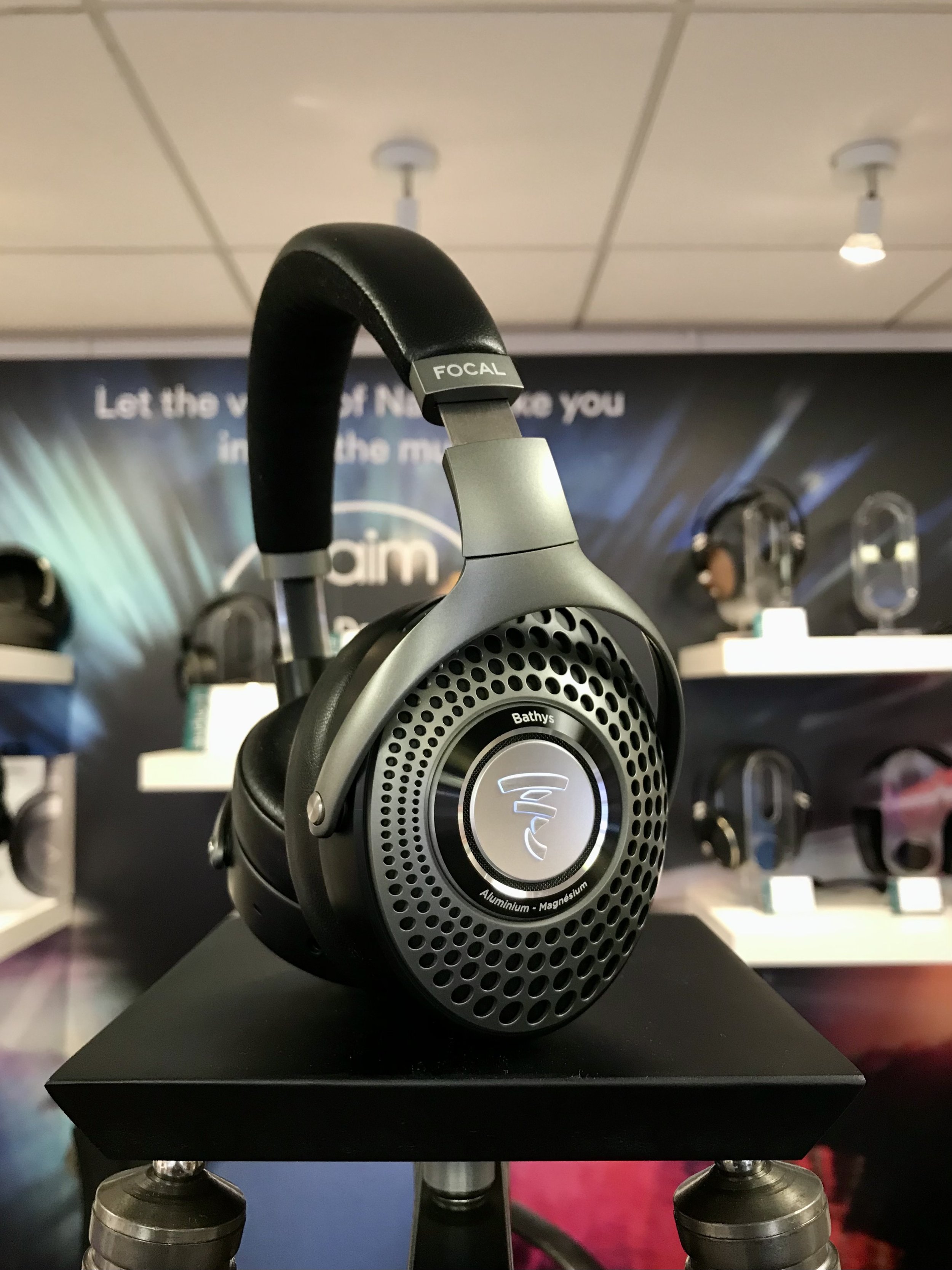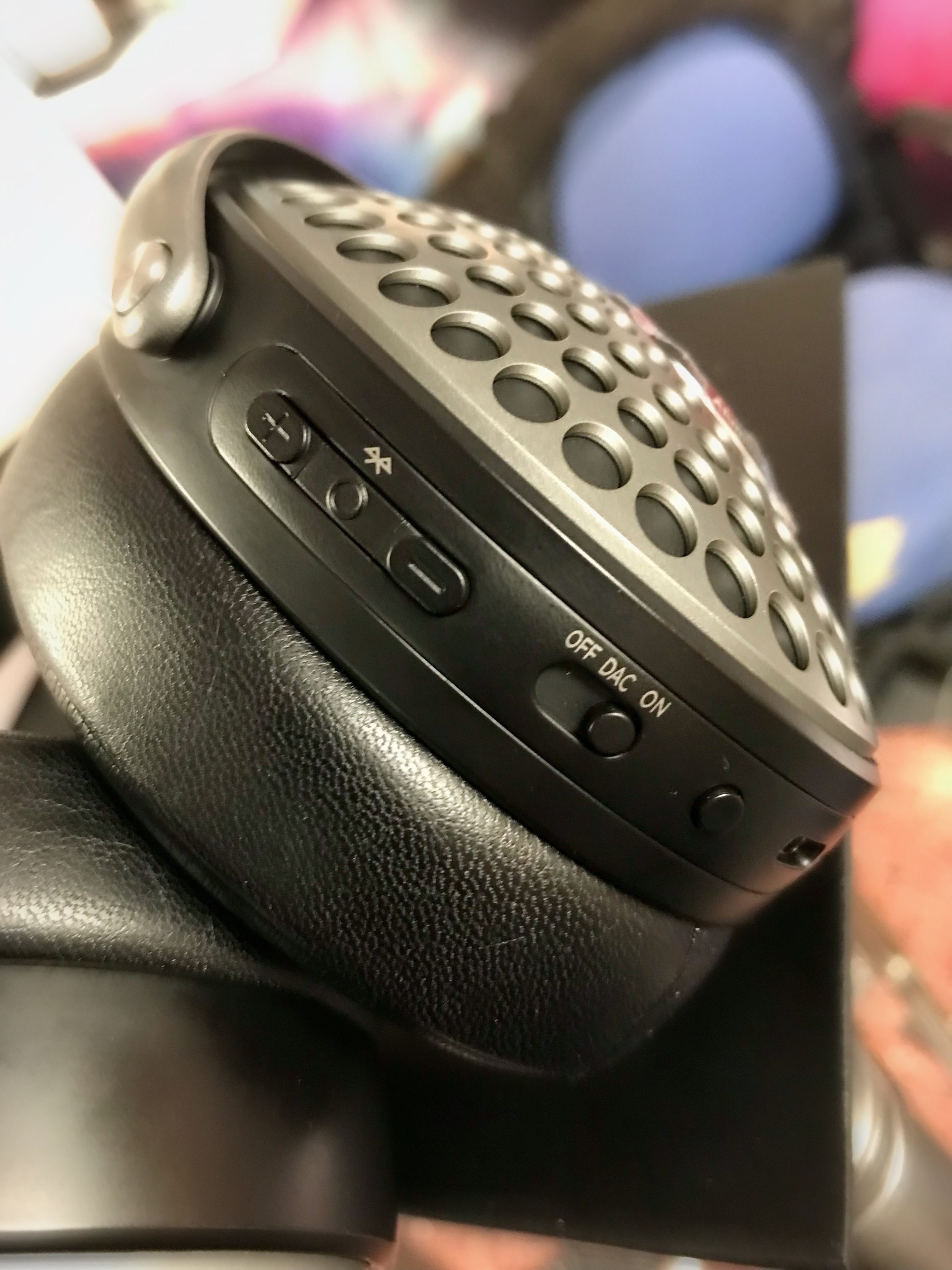Cyrus takes a new stance on a Classic, Chromey investigates!
/For those of you who think that change for the sake of change is the way to move forward and keep the Hi-Fi fires burning with "an all-new look", I'd say fair enough, but when it comes to case design from one of our oldest Hi-Fi manufacturers in the UK, Cyrus, the old adage goes: if it ain't broke...
So, fittingly, the Classic AMP has kept the original styling from the past 15 or so years, apart from a small but very welcome change. Gone are the "stick on" rubber feet and in come adjustable chrome feet, giving the Cyrus a "tougher yet sturdier-looking stance".
From Chromey to chrome
For instance, Porsche, known as one of the few car designers that have stuck to their guns for over 50 years, has kept roughly the same shape for the 911, and I personally love the look of the Porsche, as they also look tougher and meaner, even after putting on a little weight. But let’s not digress…
Old school Vs New school
The word “classic” in the new Classic AMP from Cyrus doesn't mean they’ve just reintroduced an old design back into their portfolio; on the contrary, the bods at R&D have completely re-designed the internals with upgraded components that mirror and reflect the new XR lineup, that's making waves for Cyrus at the moment.
What the Classic AMP does is give people with the previous kit and the same casework the chance to change out the engine room in their respective systems, and upgrade at the same time. It also affords the opportunity to fans of the classic styling to grab a great looking integrated amp with a small footprint.
Very Grounded
The Classic AMP has a built-in phono stage of a decent calibre, not ostentatious or showy, but just right. It can confidently hold its own against standalone phono stages priced anywhere up to £500. The 2 phono socket caps in the picture help against interference when not in use, again, a nice little touch from Cyrus.
Heady aspirations!
Hidden around the back you’ll also find a dedicated headphone output, for those moments when you don't want to disturb anyone during a late-night listening session. It's a 3.5mm jack that takes up minimum space on the rear panel and sounds great with most reasonably easy-to-drive headphones.
Its XR rated.
We listened to our Classic AMP at the Manchester store with a pair of Spendor A7 loudspeakers. And to say we're impressed is an understatement.
The Cyrus sounded open and detailed, with the bass control to rival amps way above this price point.
It sounded like "Cyrus", as in the Cyrus of old, clean, and refined, but with the added clout of the new XR range. The Classic feels like a recipient of trickle-down technology from the XR range, which is great.
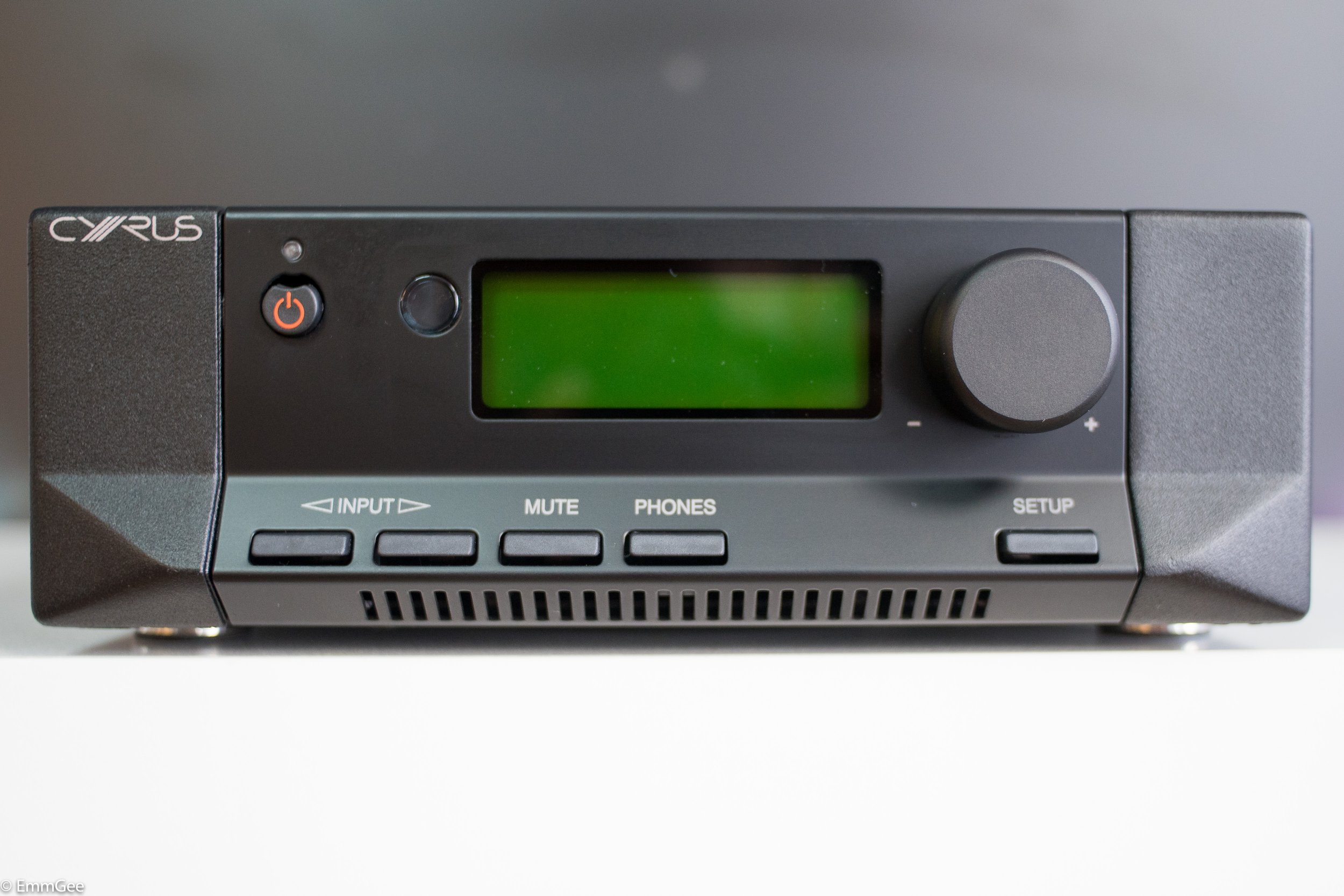
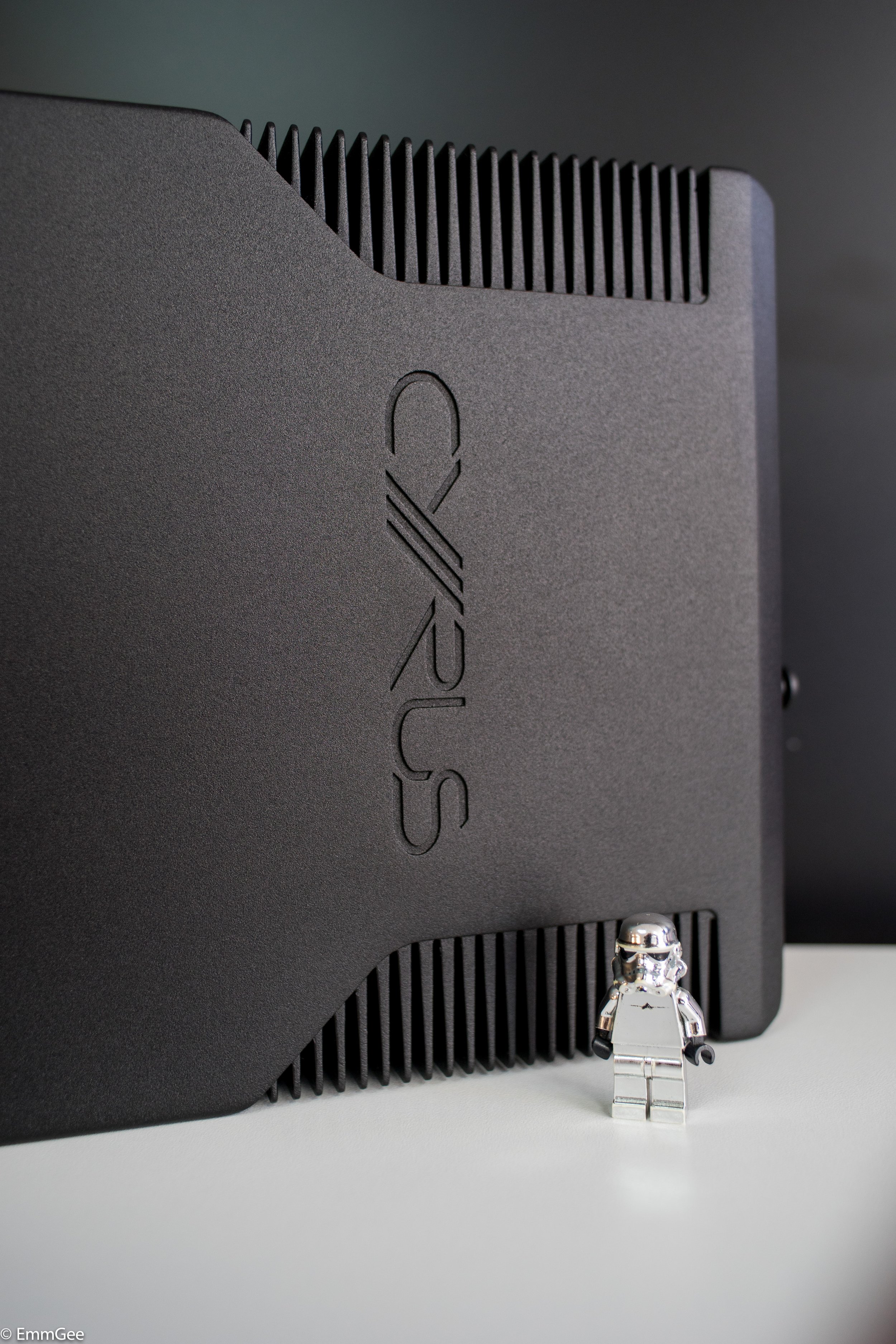
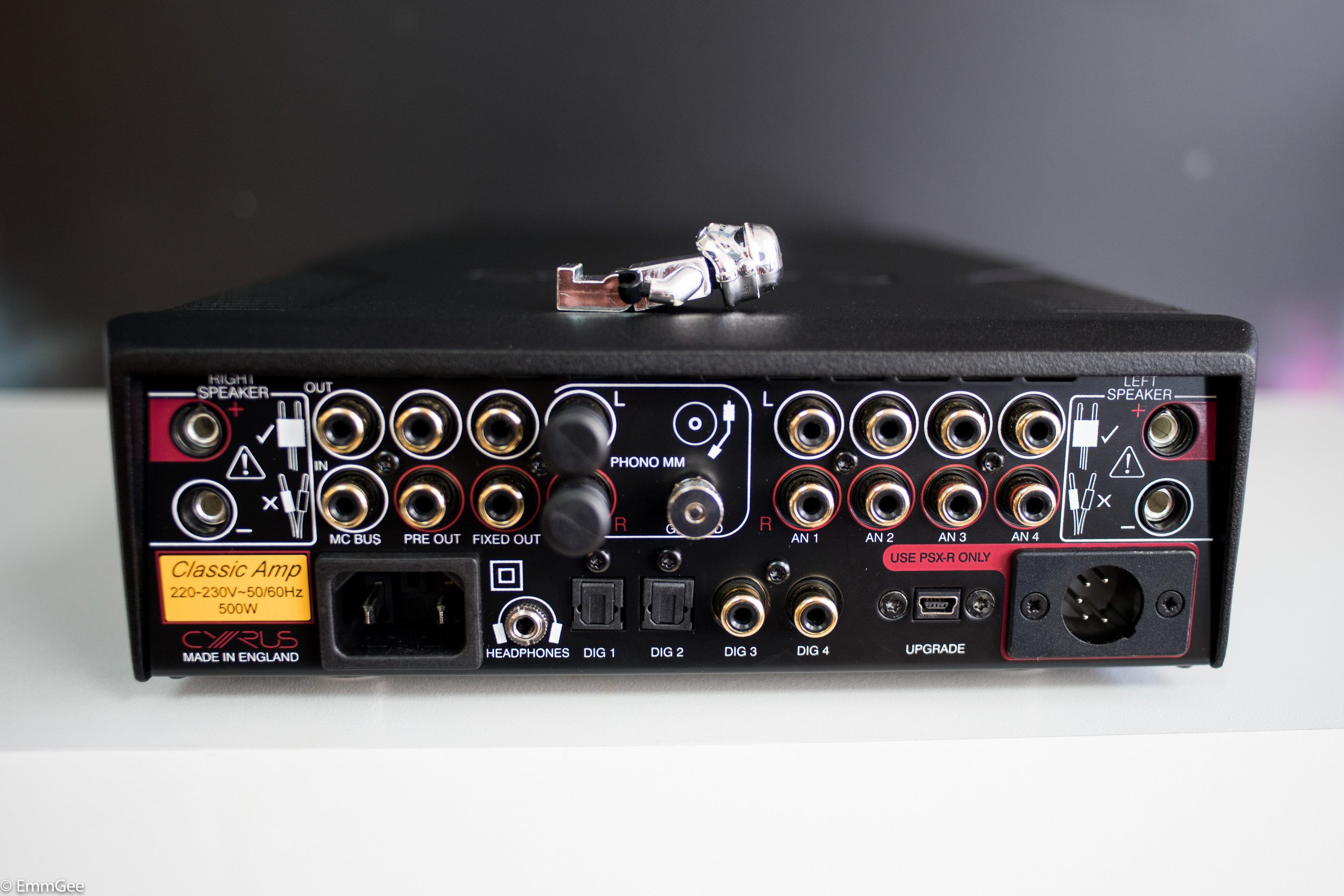

Interestingly Cyrus is, and has been over the last few years, making up for lost ground that they may feel they've lost to the competition. The recent acquisitions and collaborations are bearing fruit.
We get the feeling that Cyrus's new stance on Hi-Fi is going to be a solid one.
If you have any questions about any of the equipment featured in this article, or any other Hi-Fi or home cinema enquiries, be sure to Contact Us
Thanks for reading,
Munir, James, & David - Audio T Manchester
If you’ve enjoyed this, why not go ahead and read some more of our other blogs, and be sure to follow us on our social media channels below…
Cyrus can be found at the following Audio T stores -


